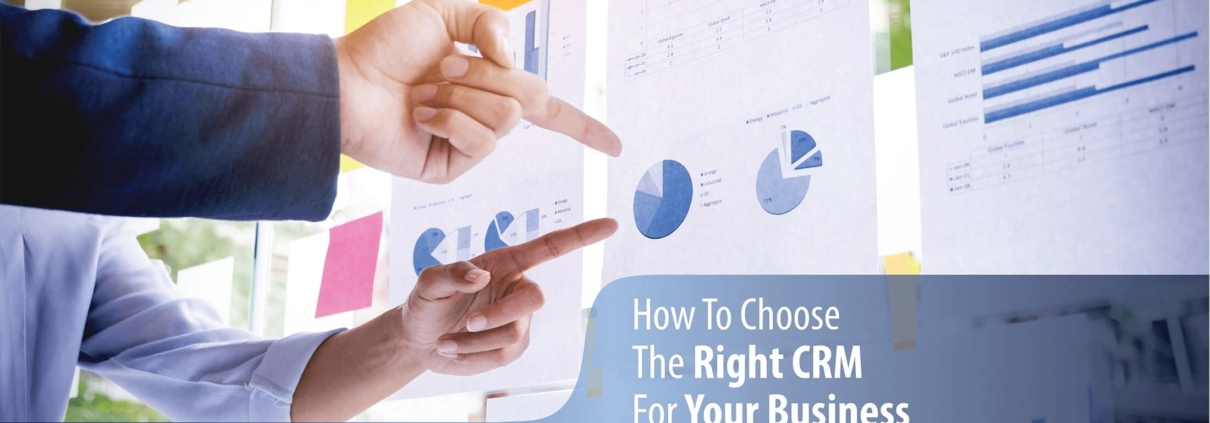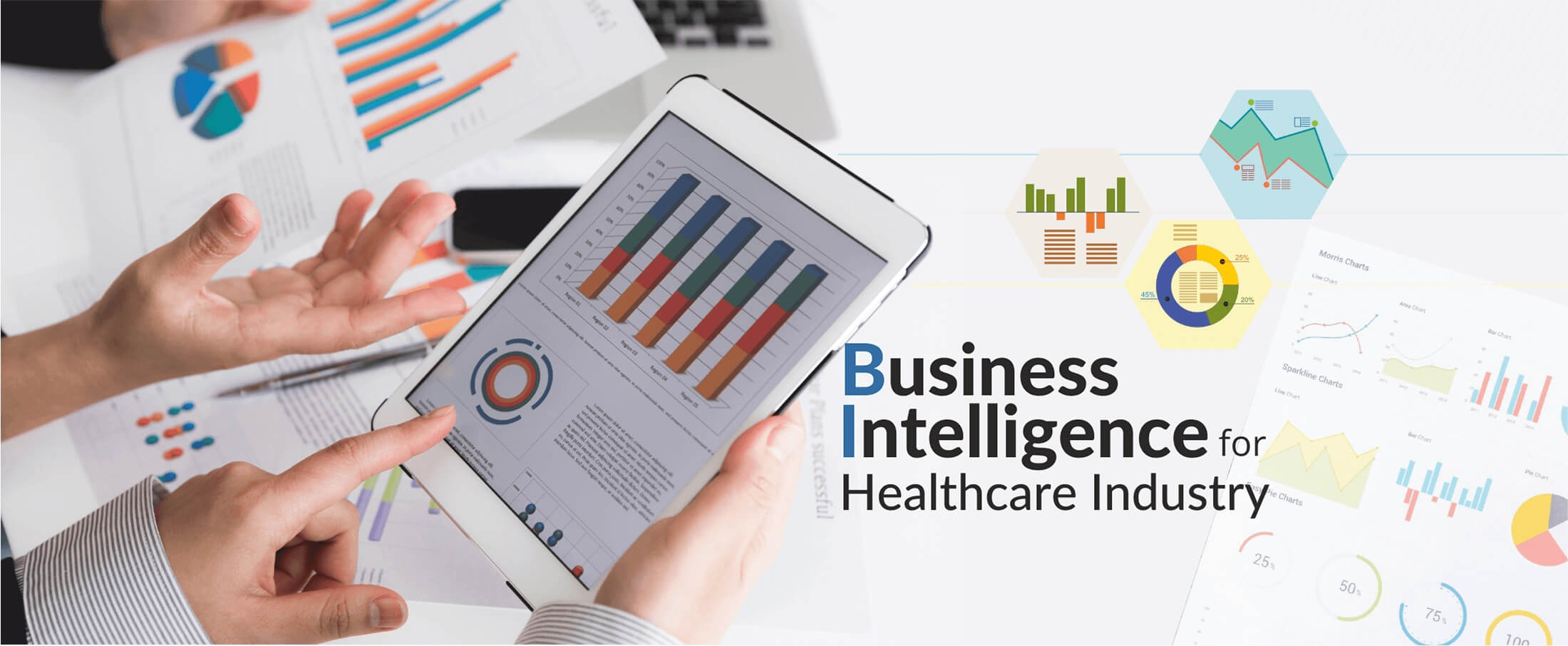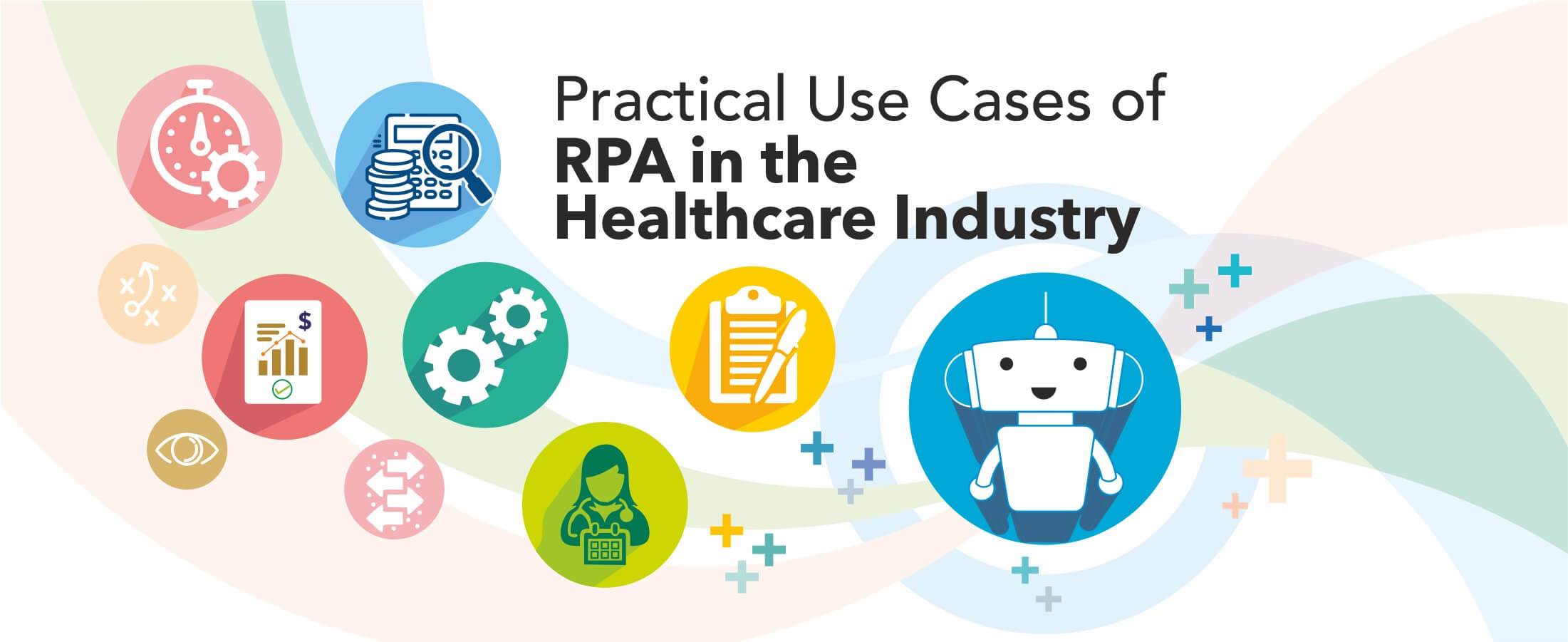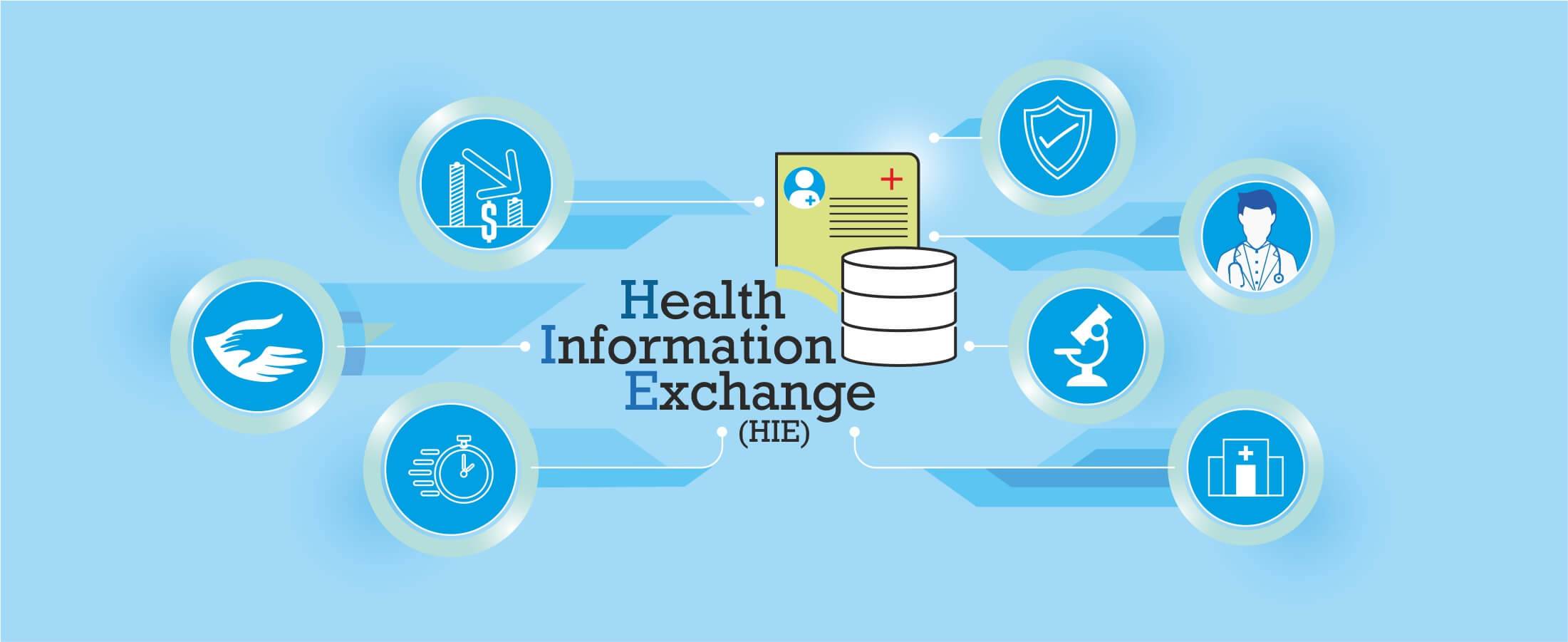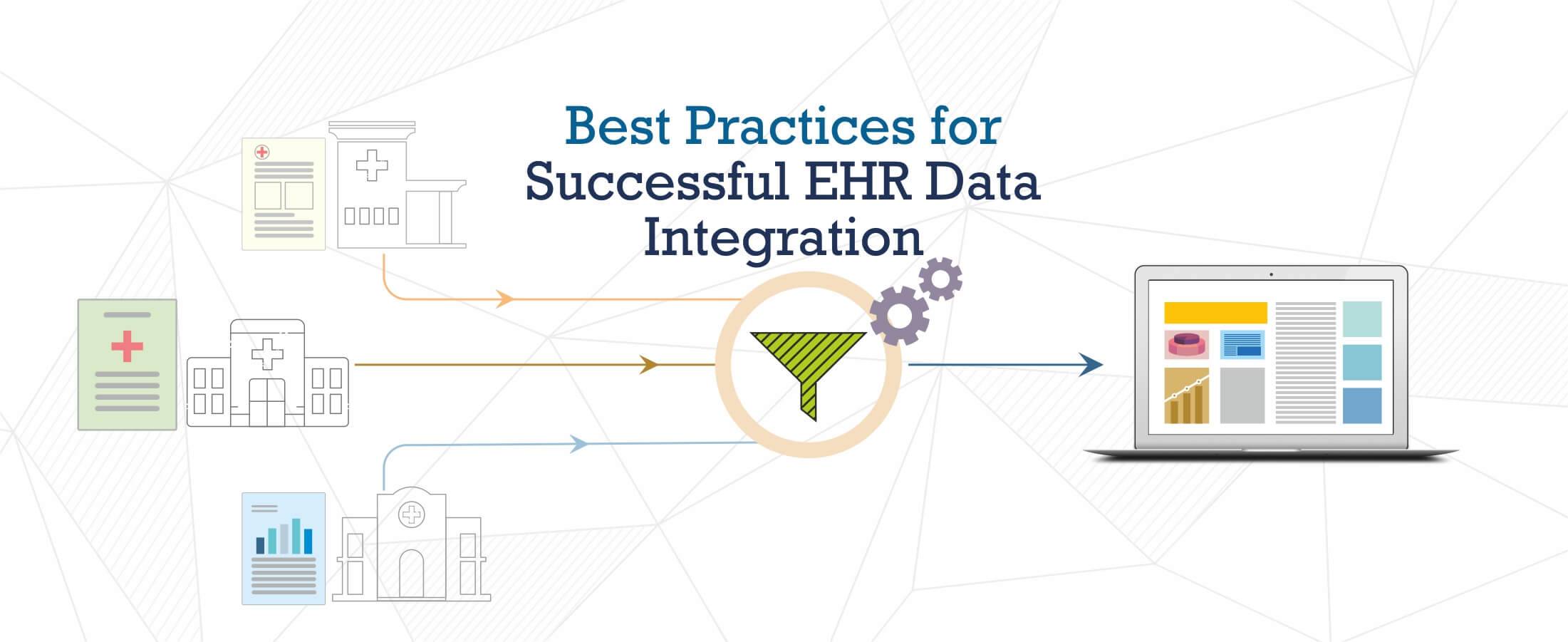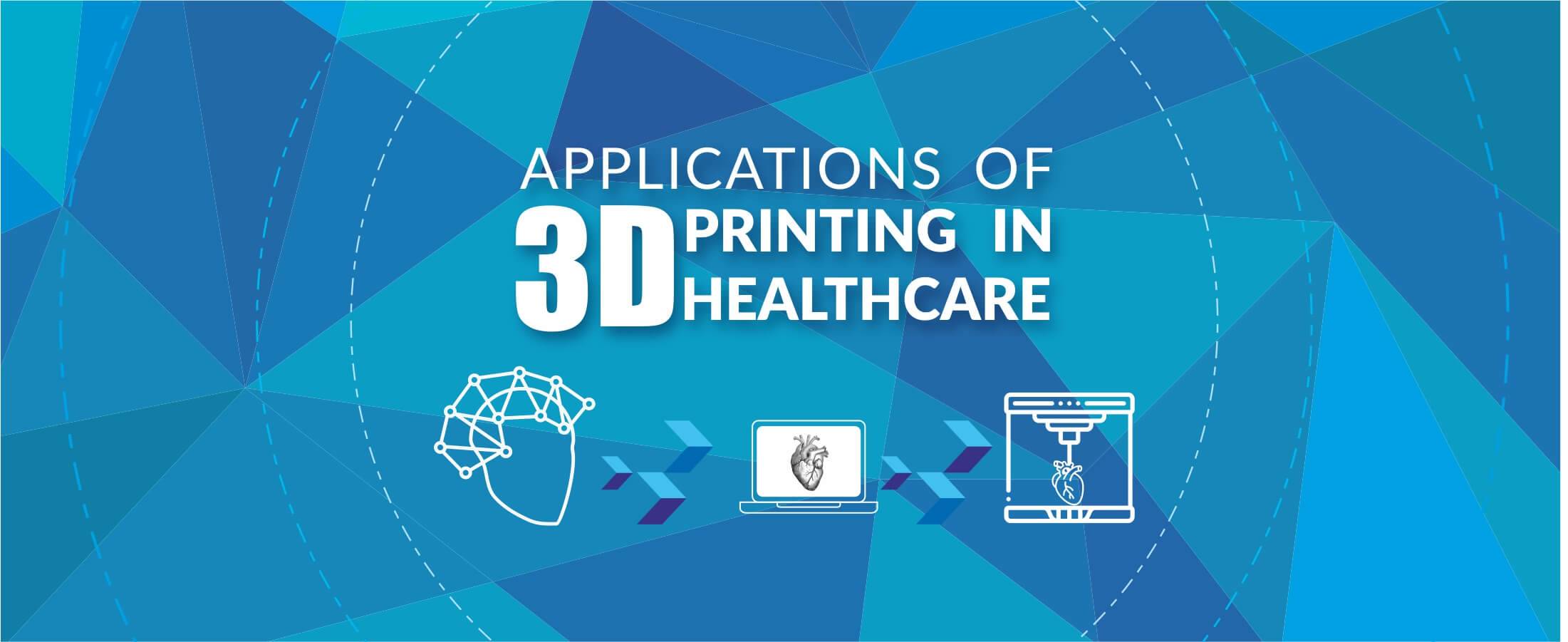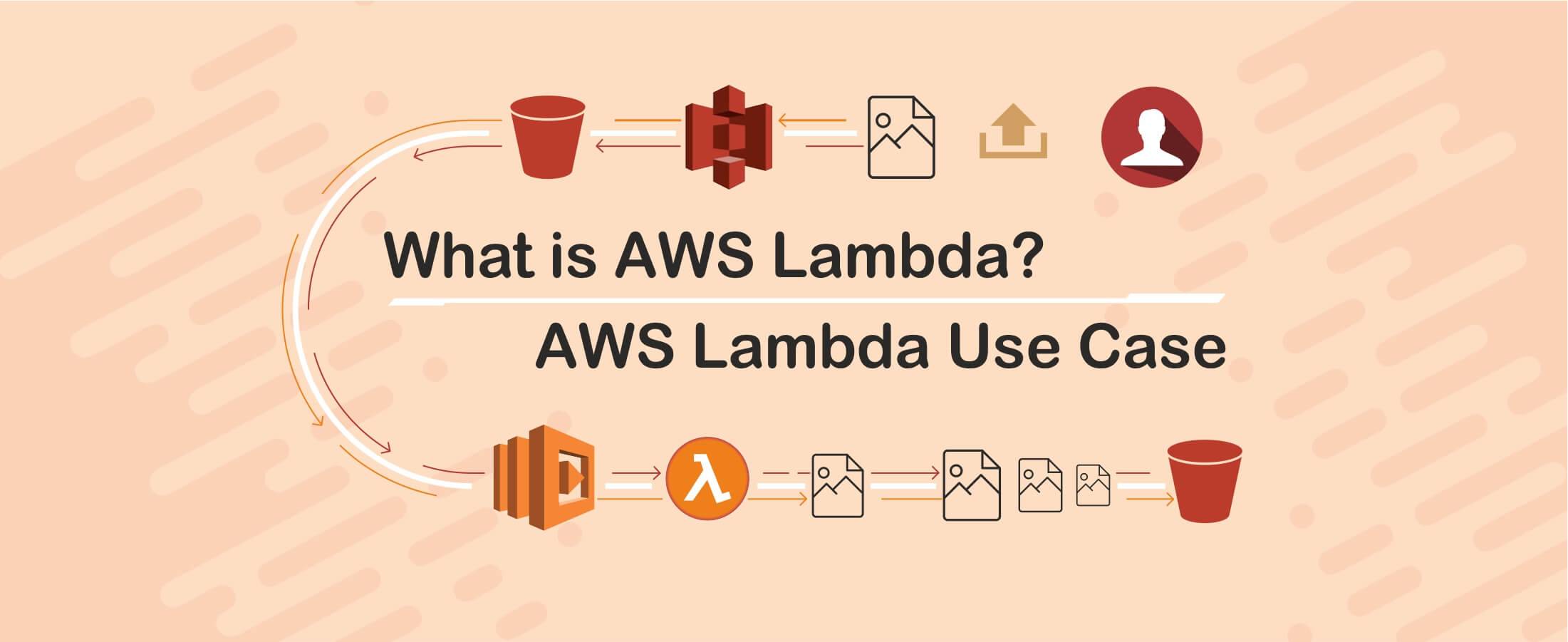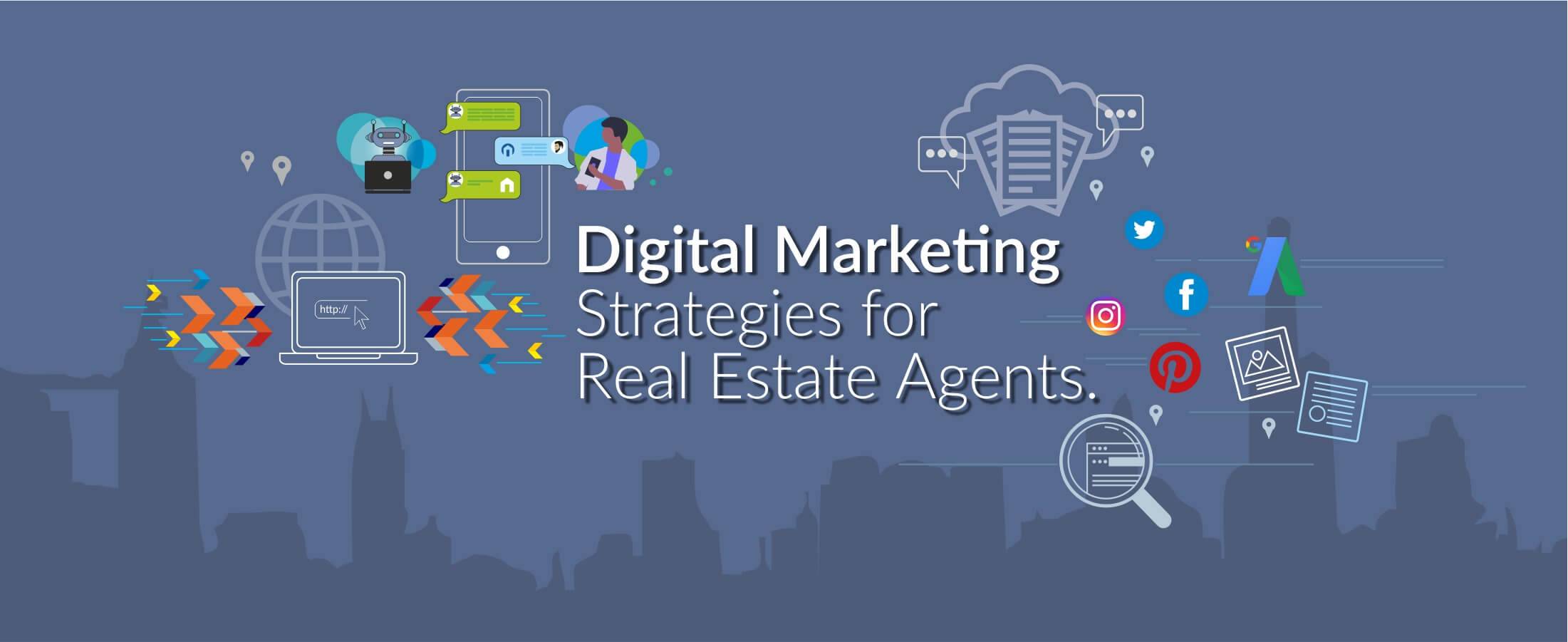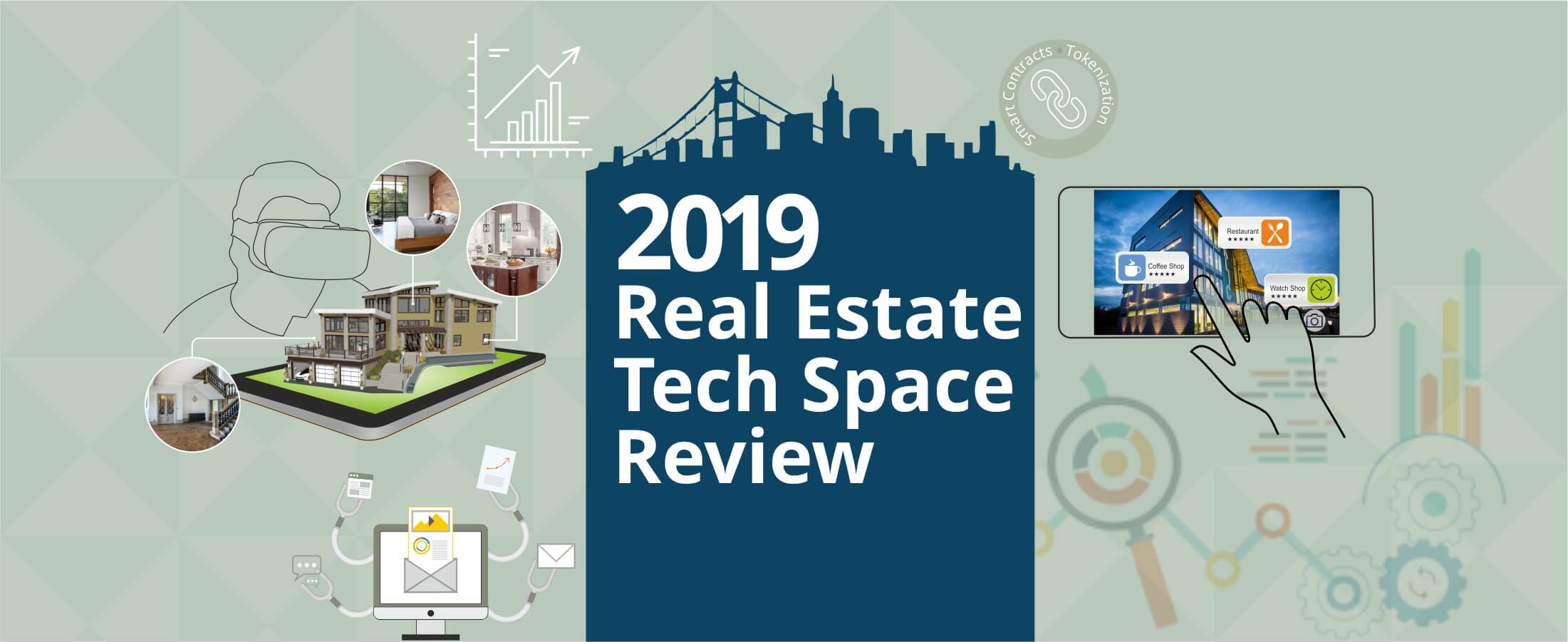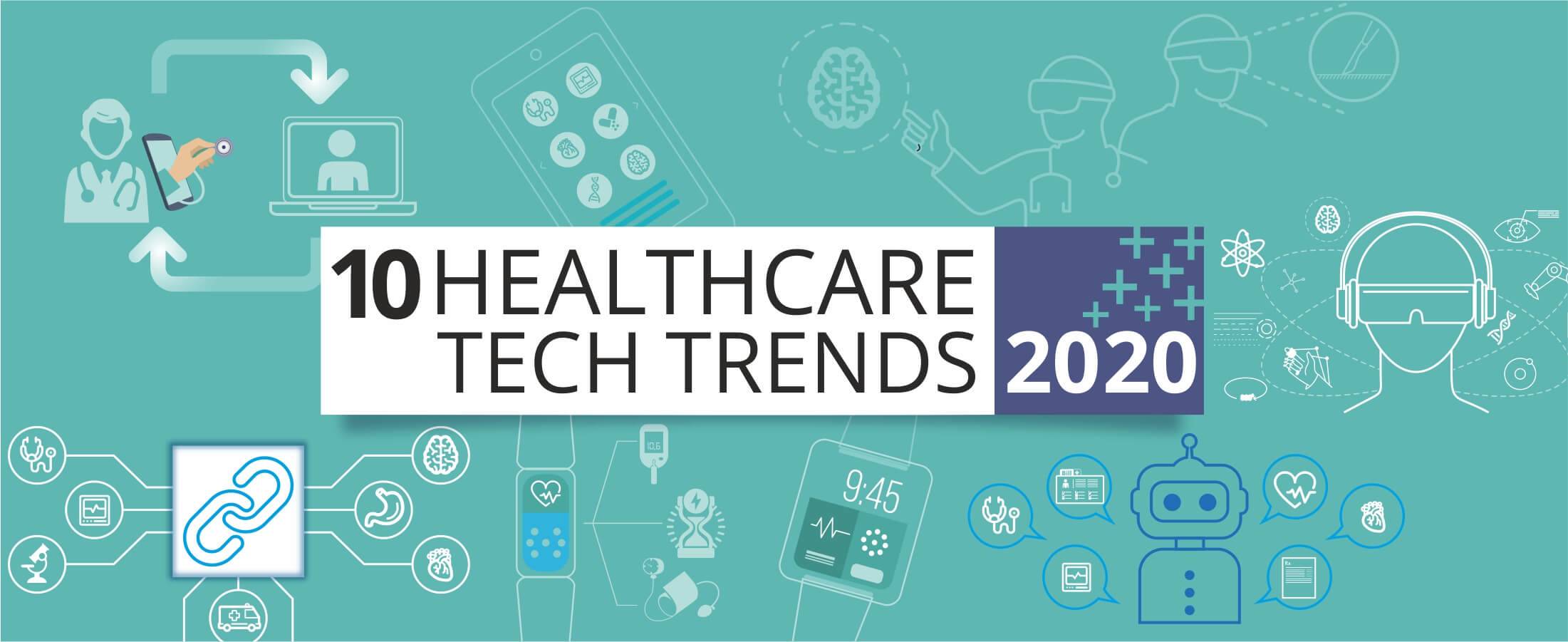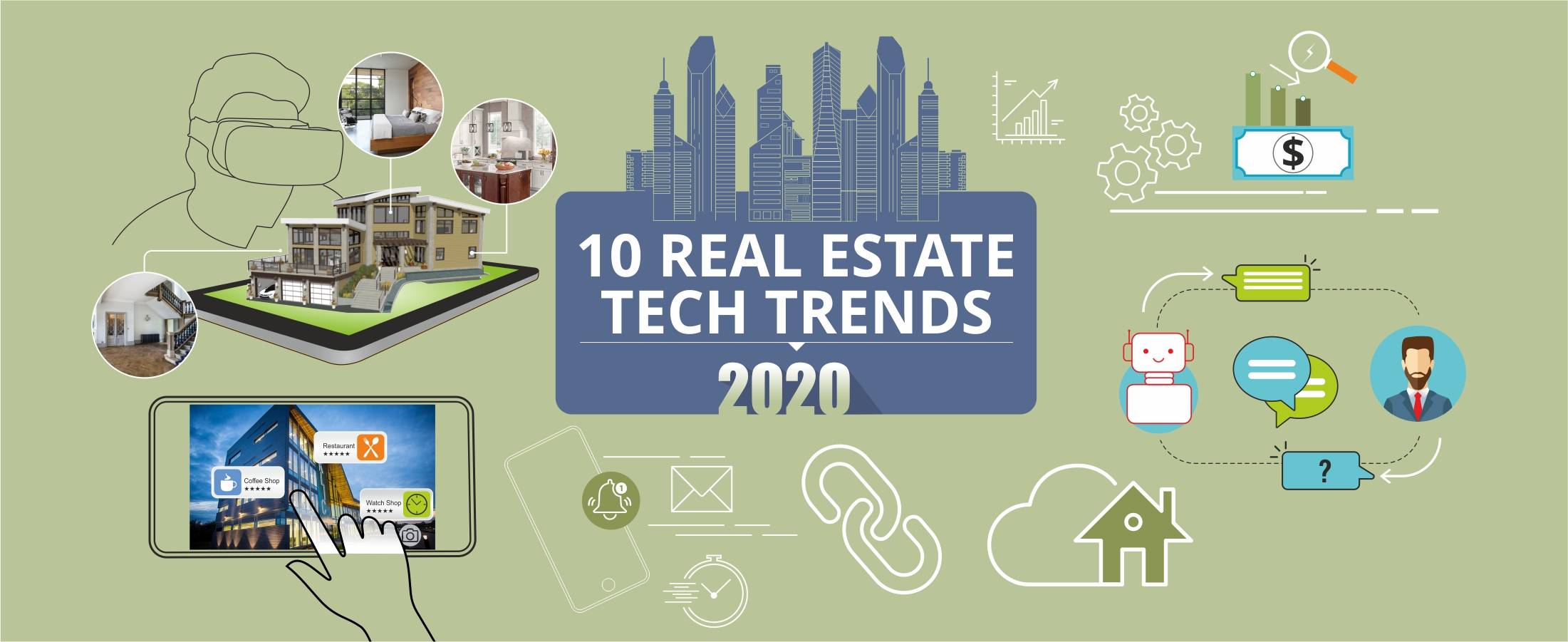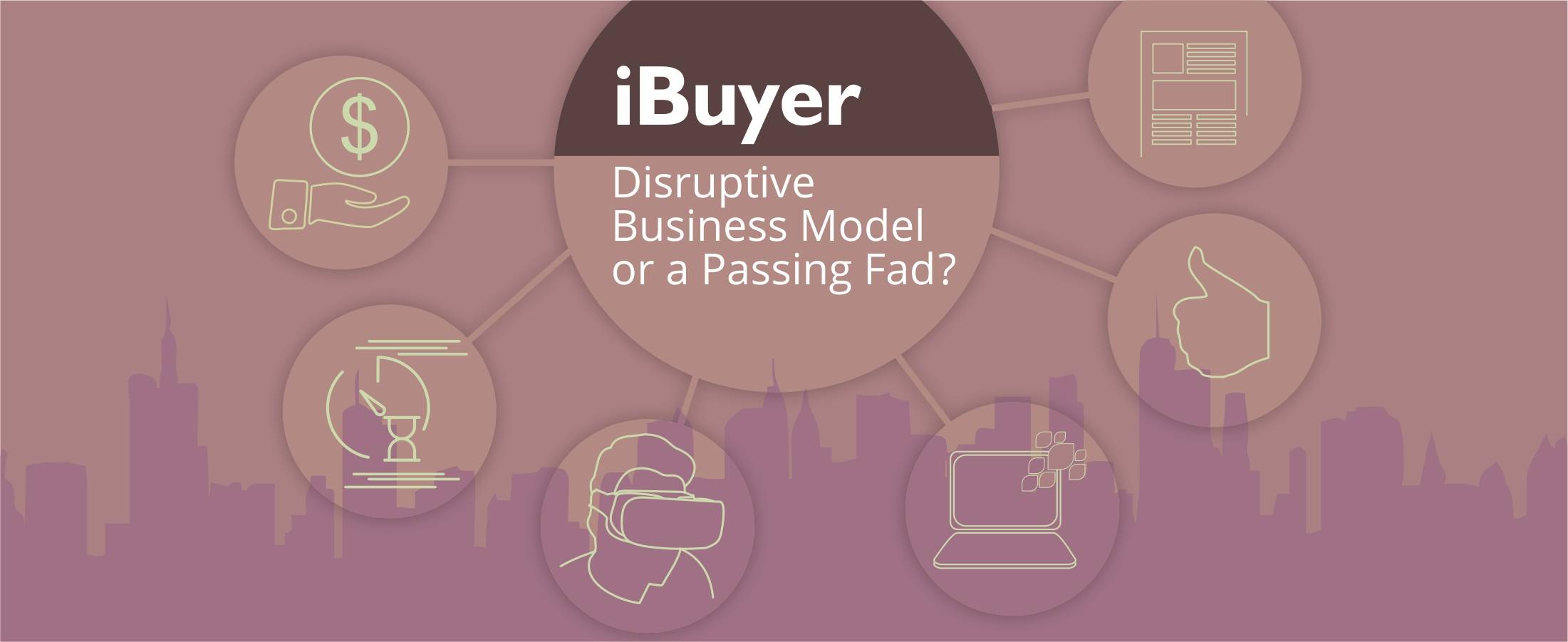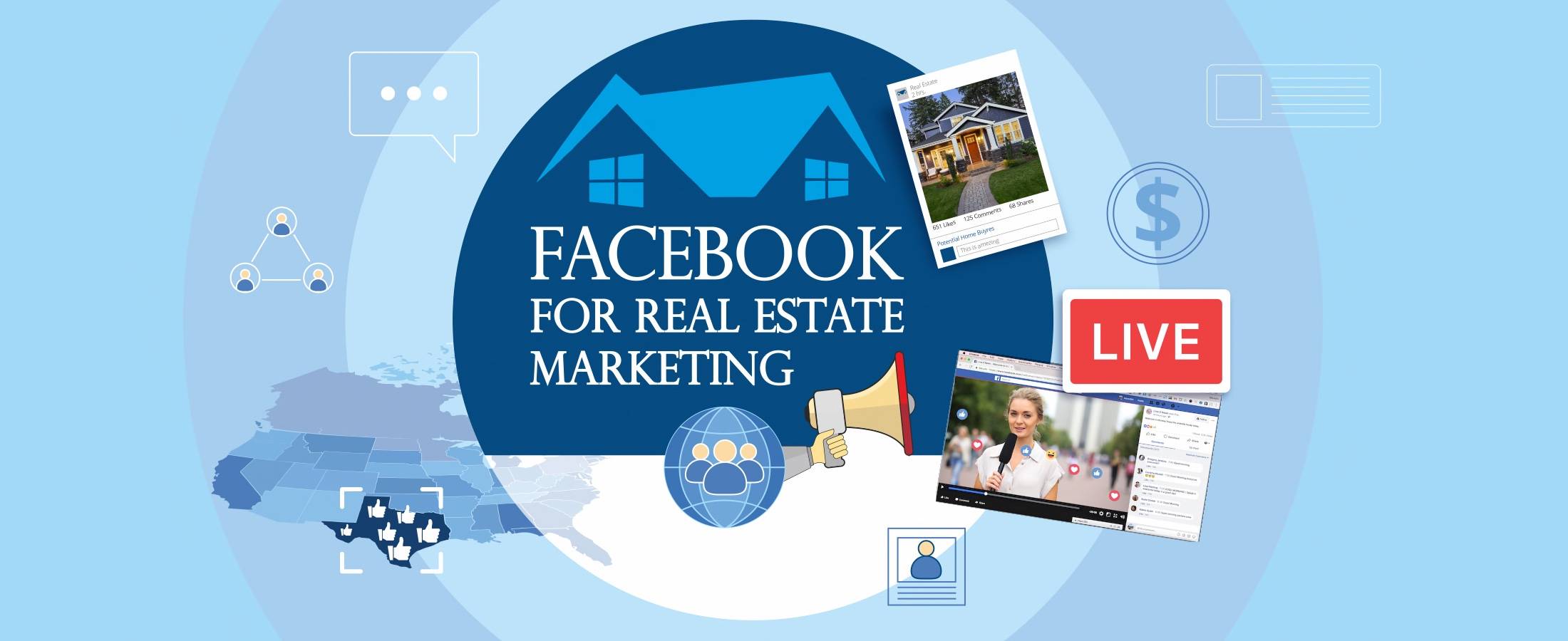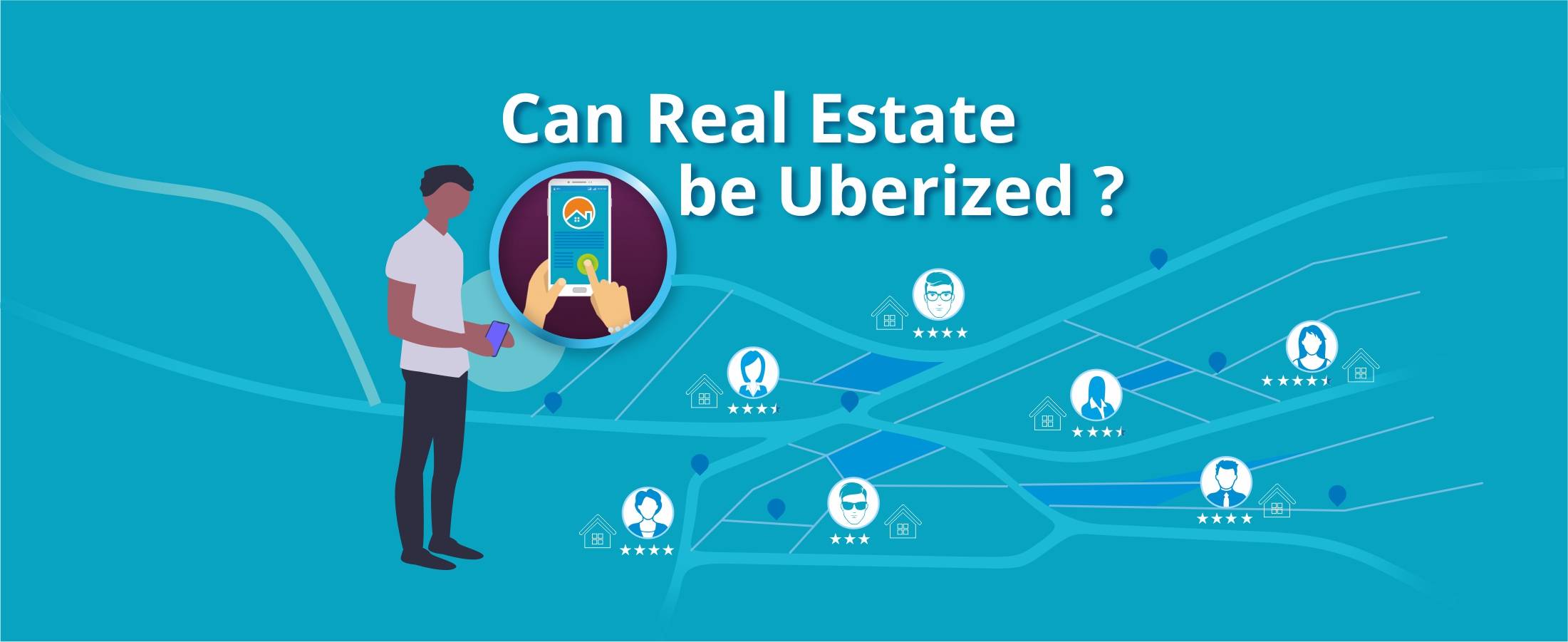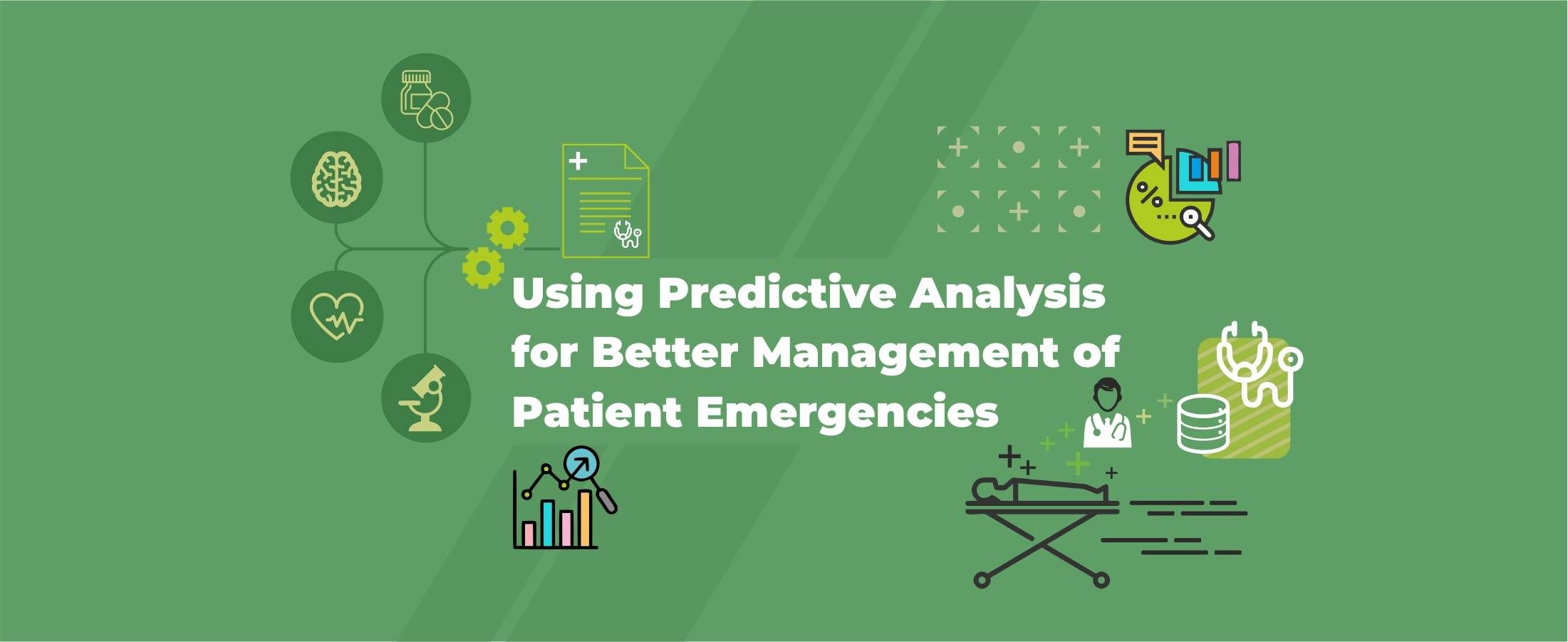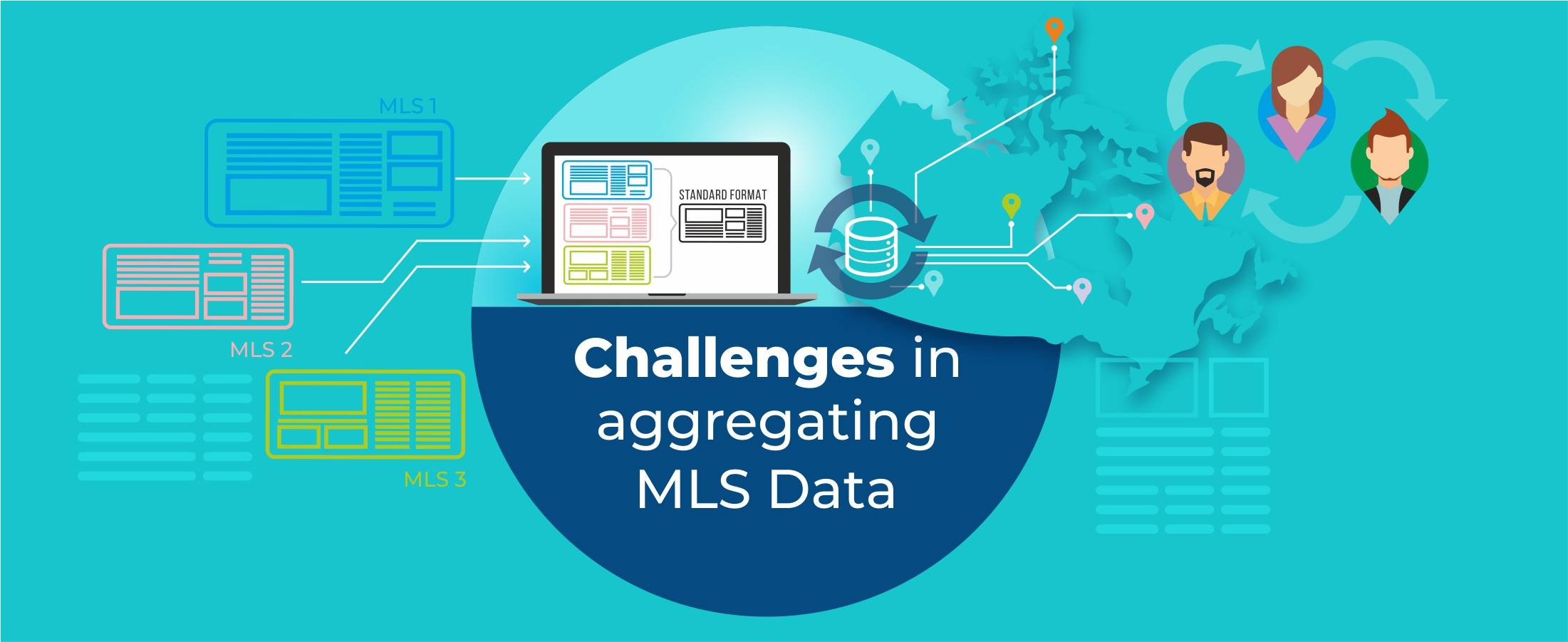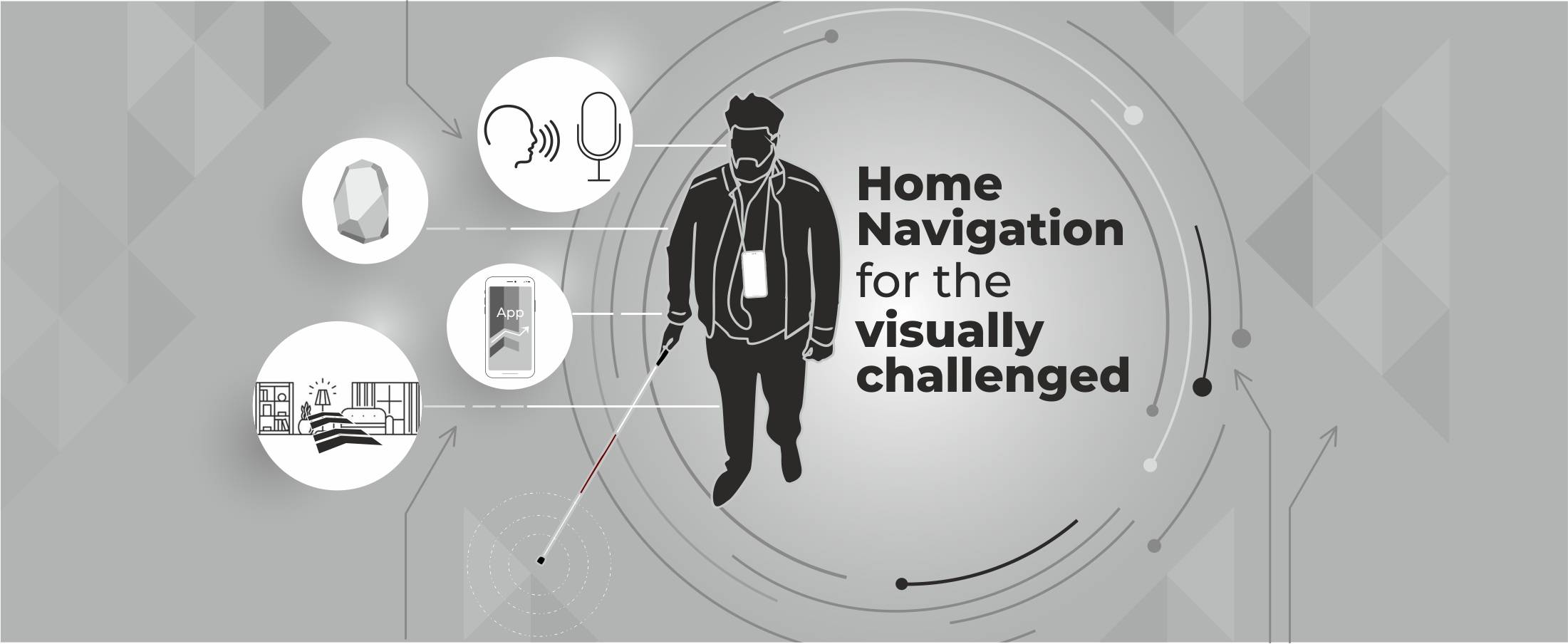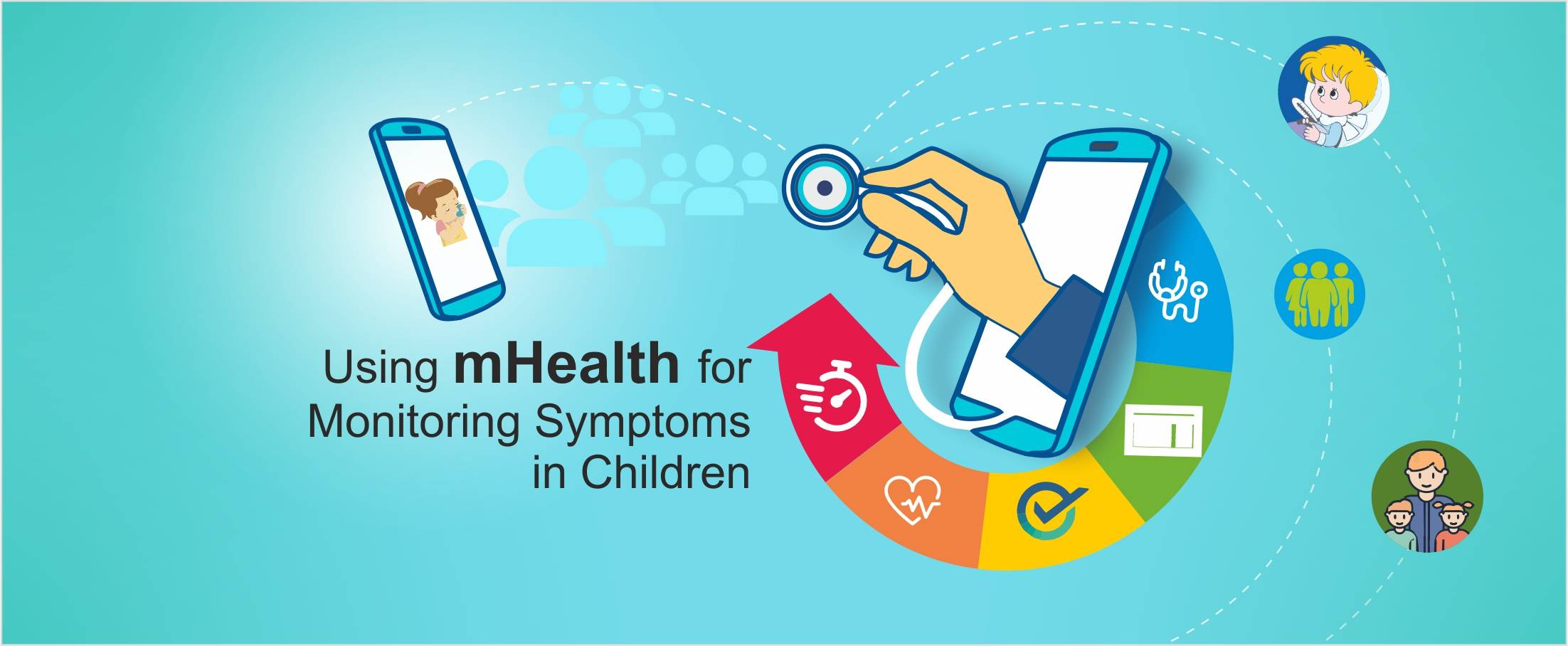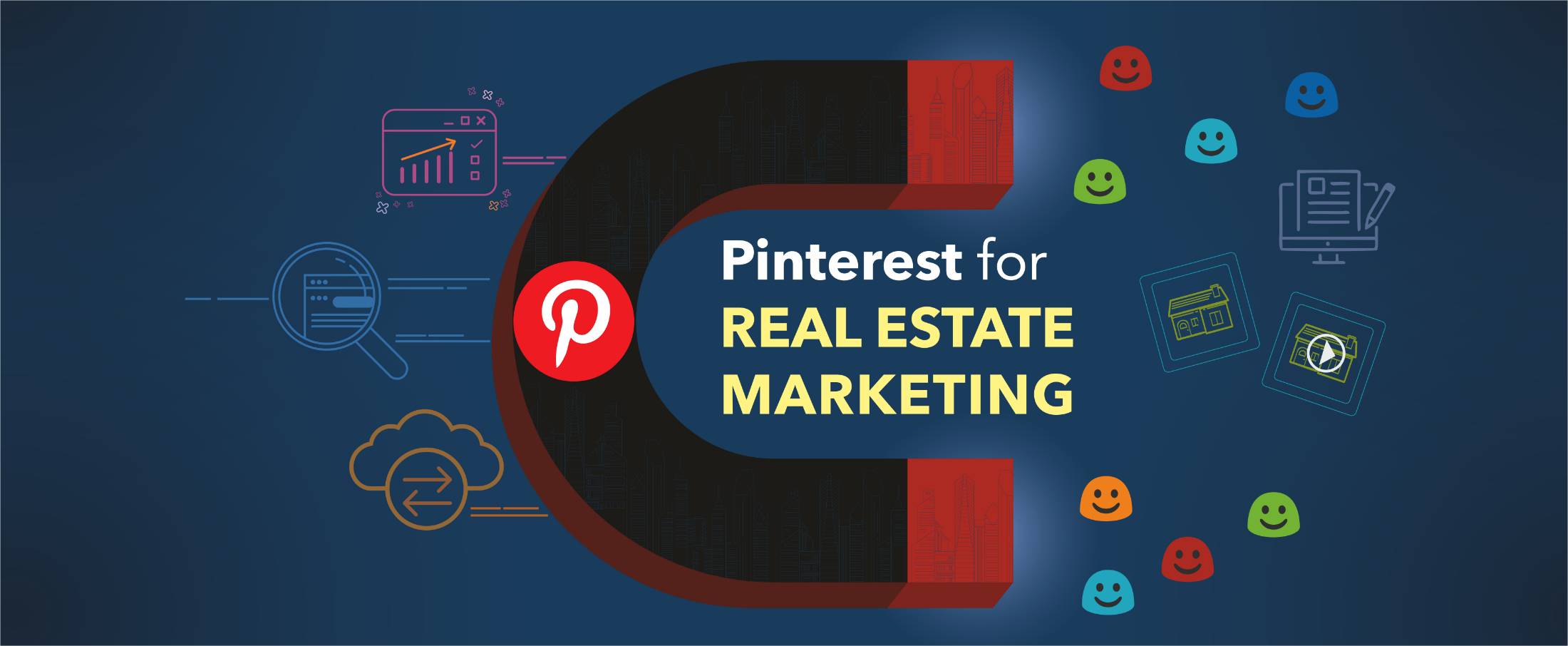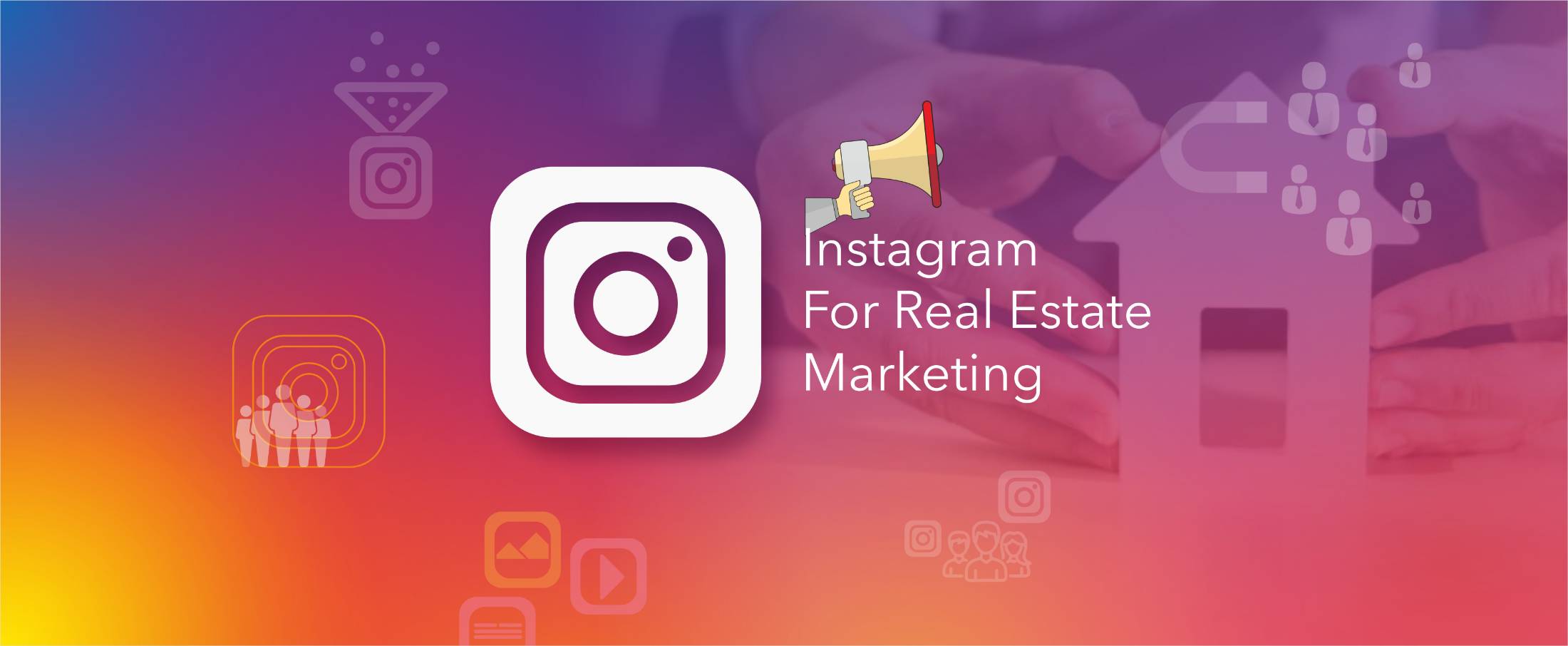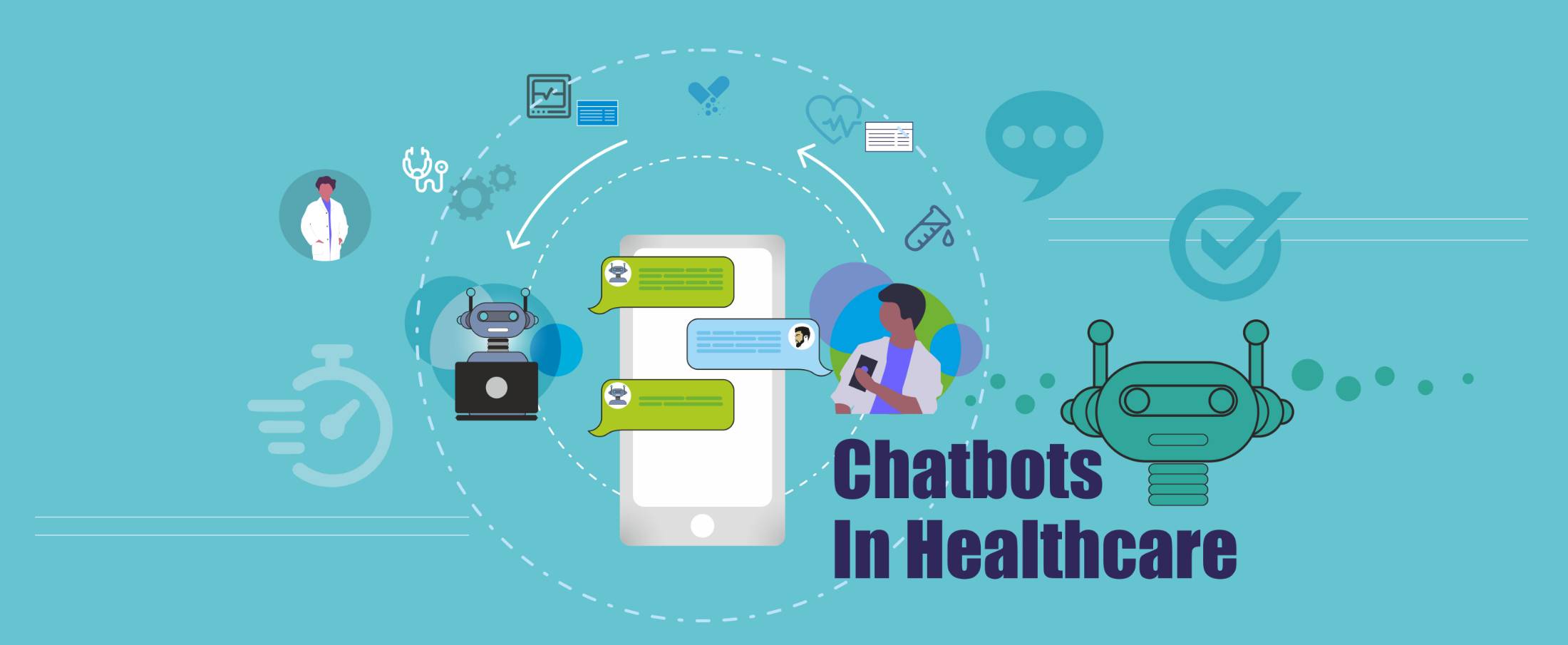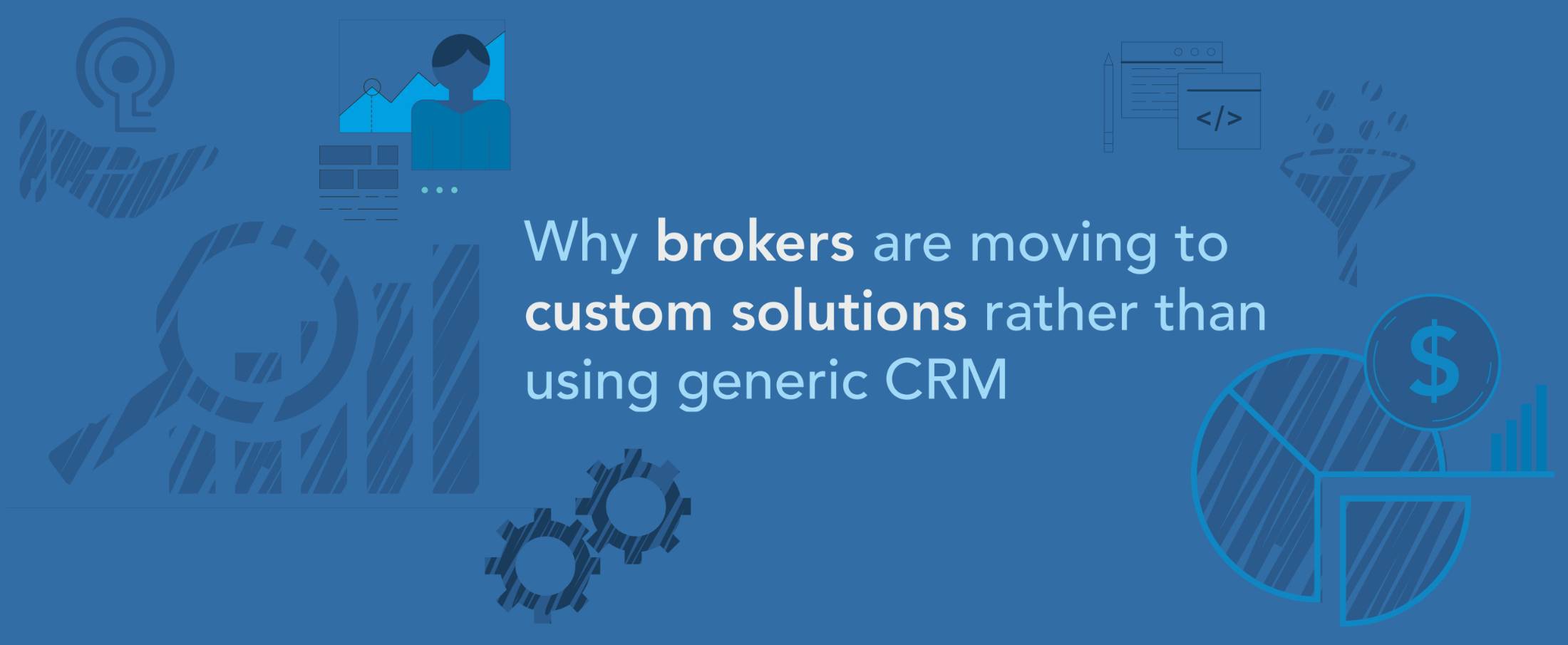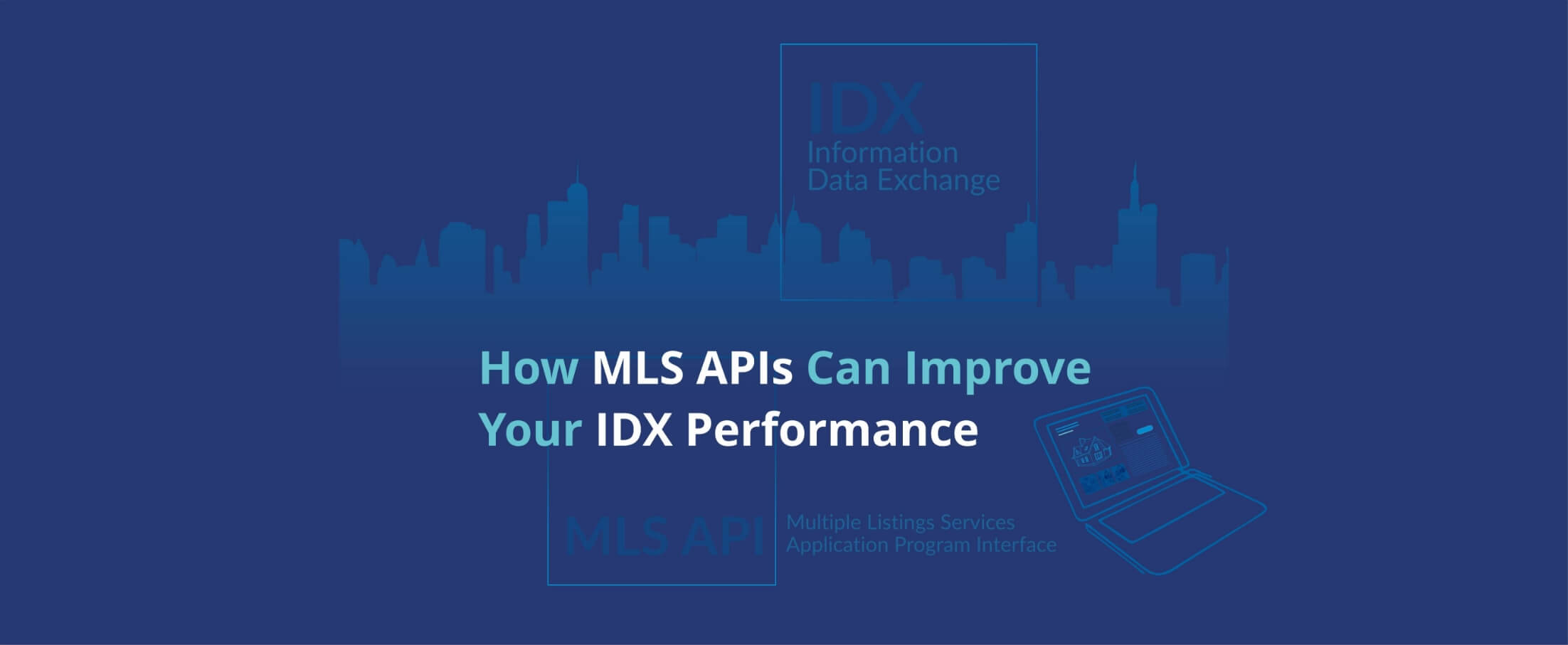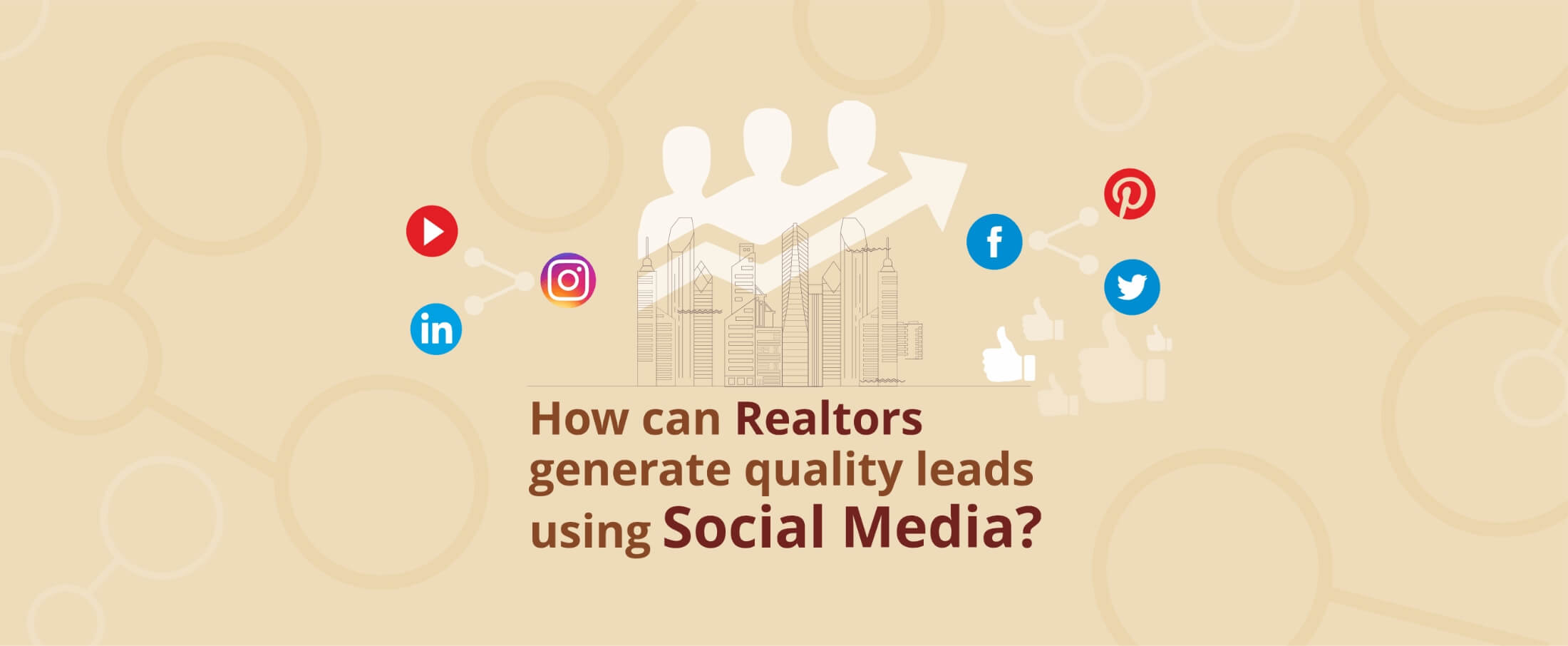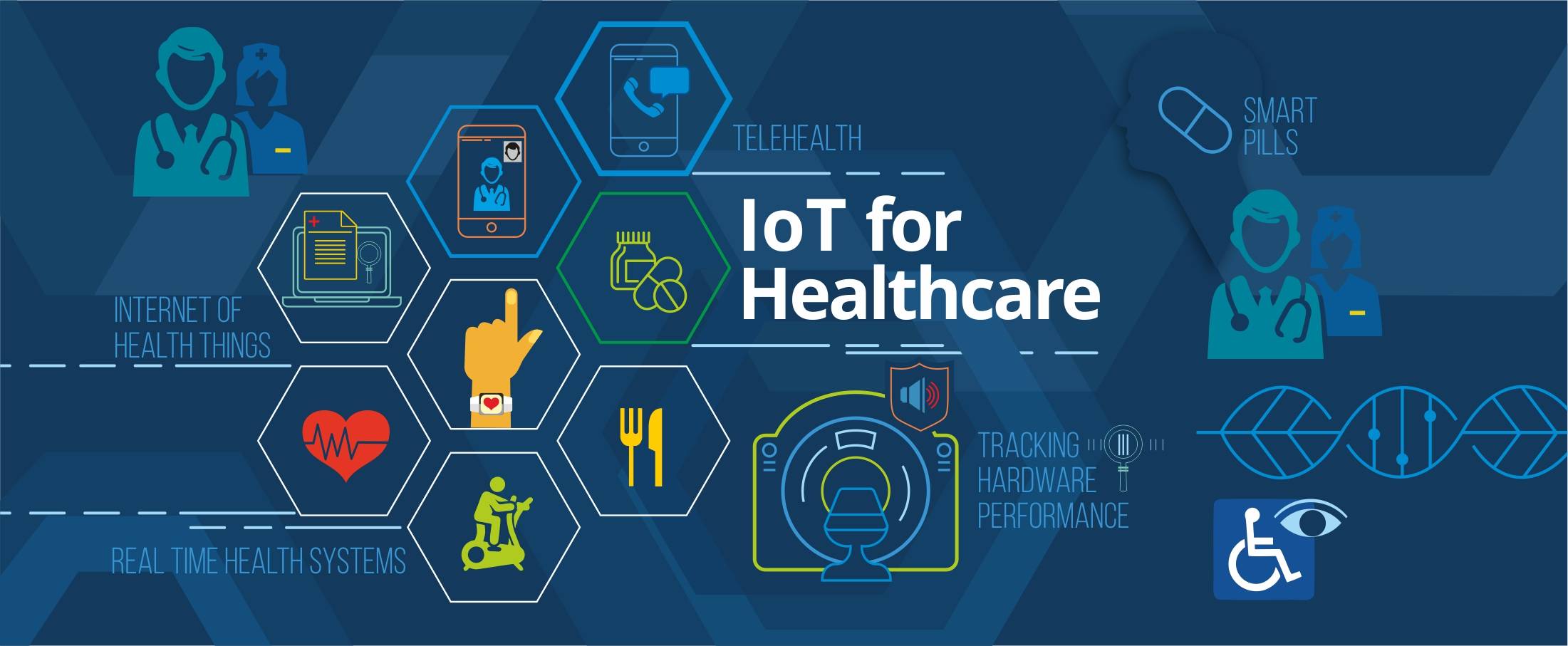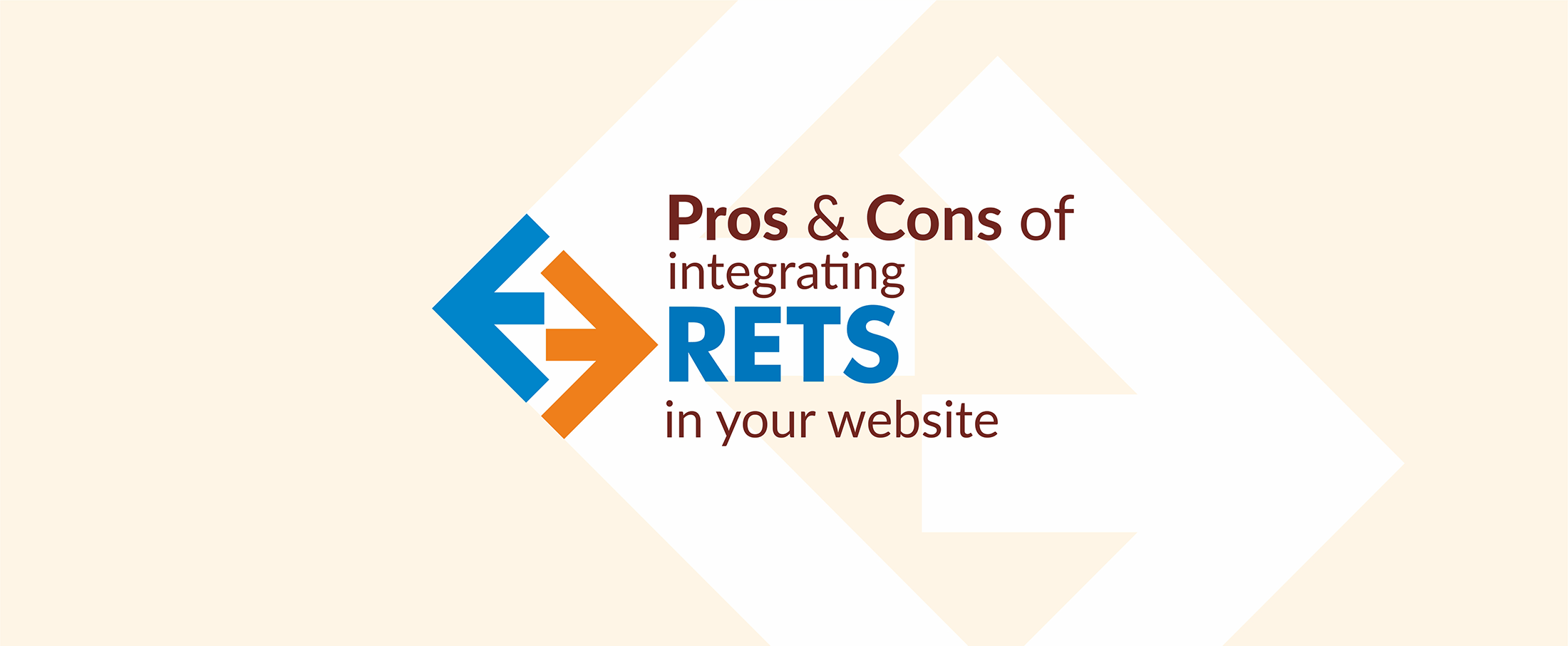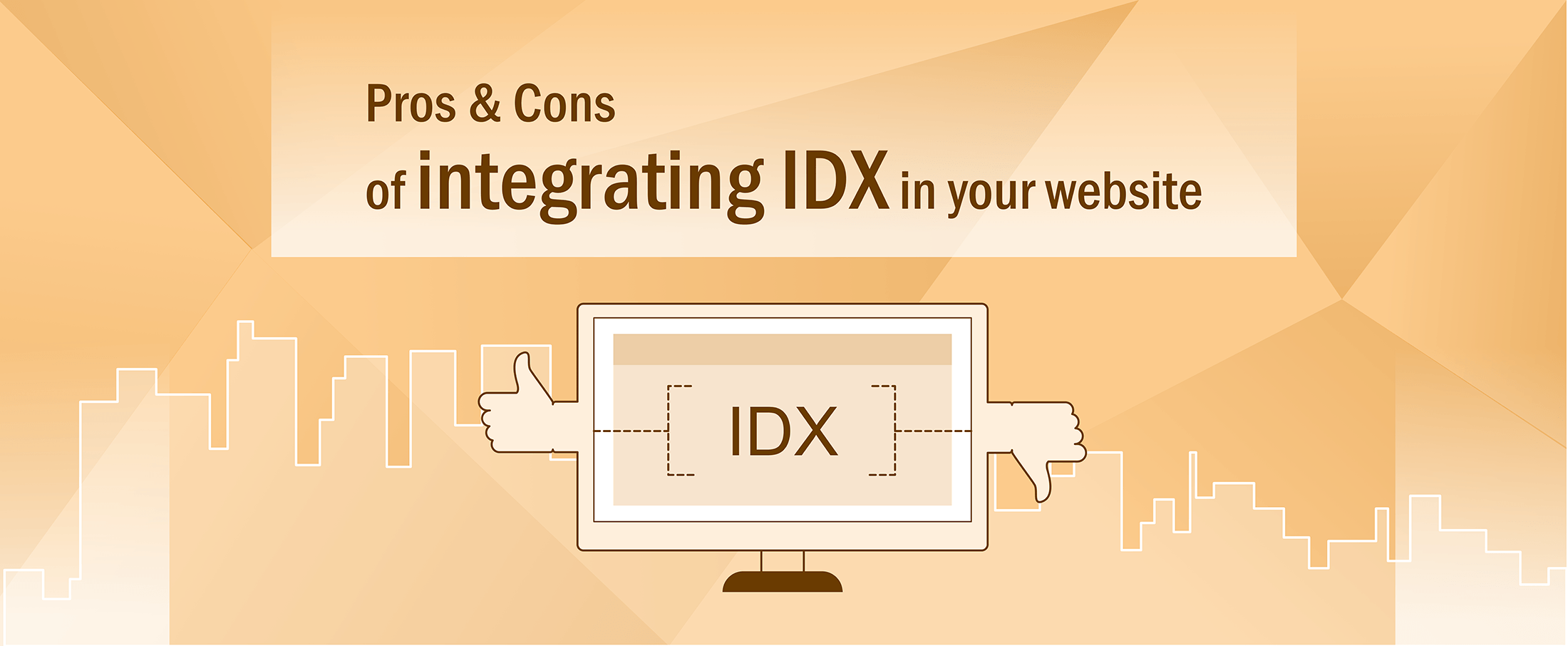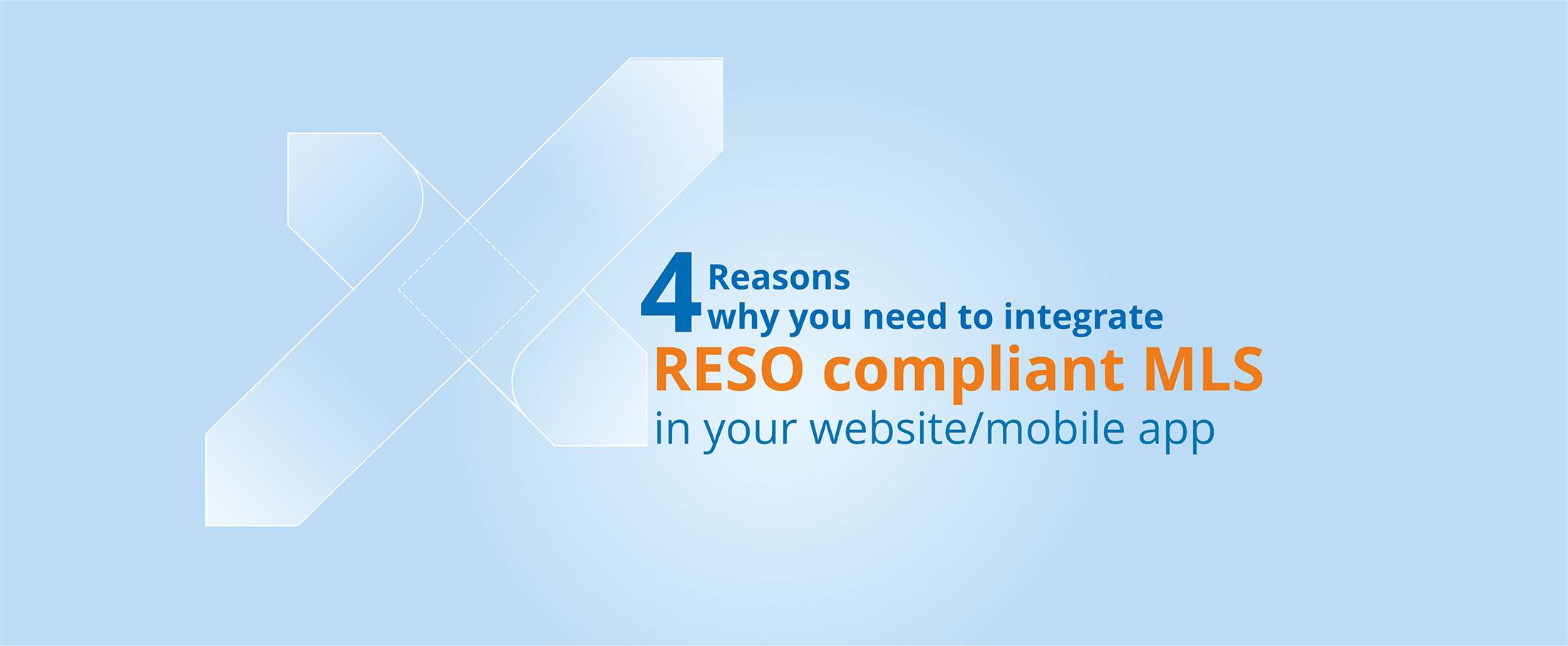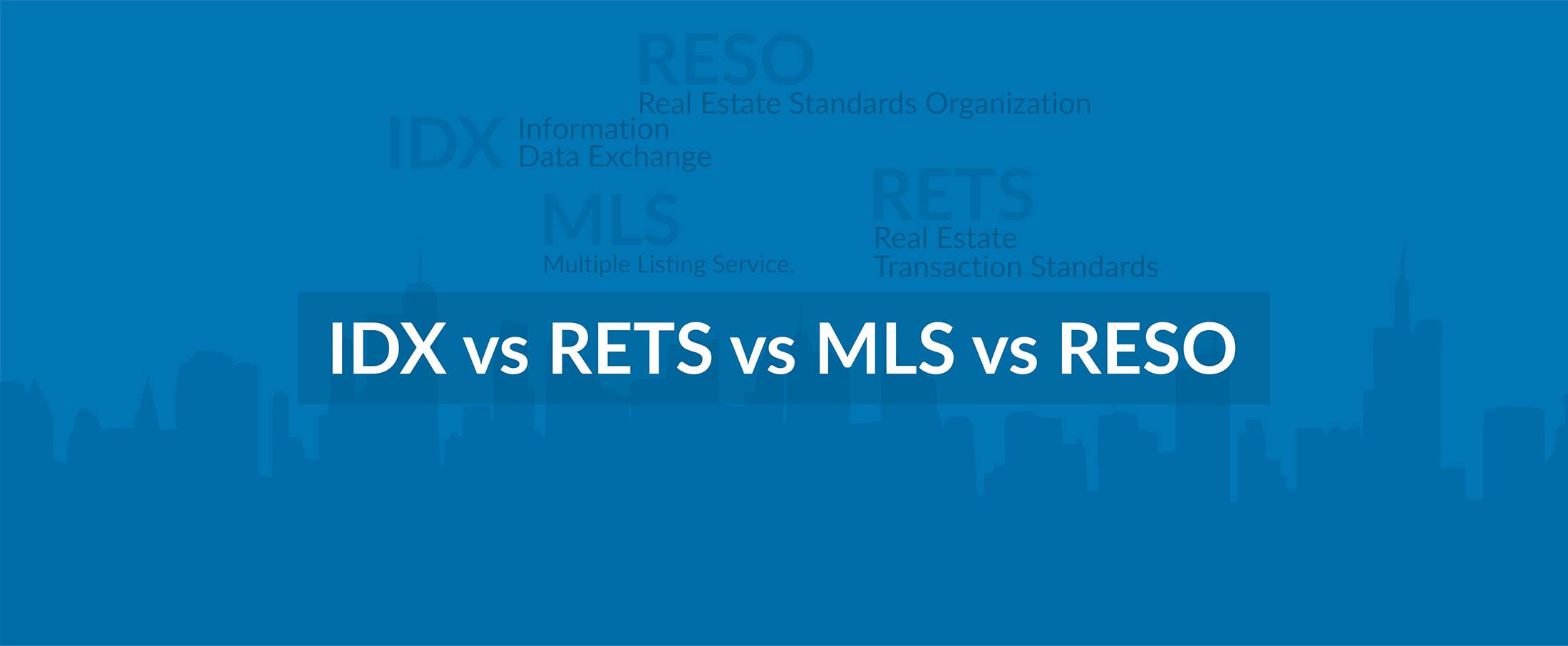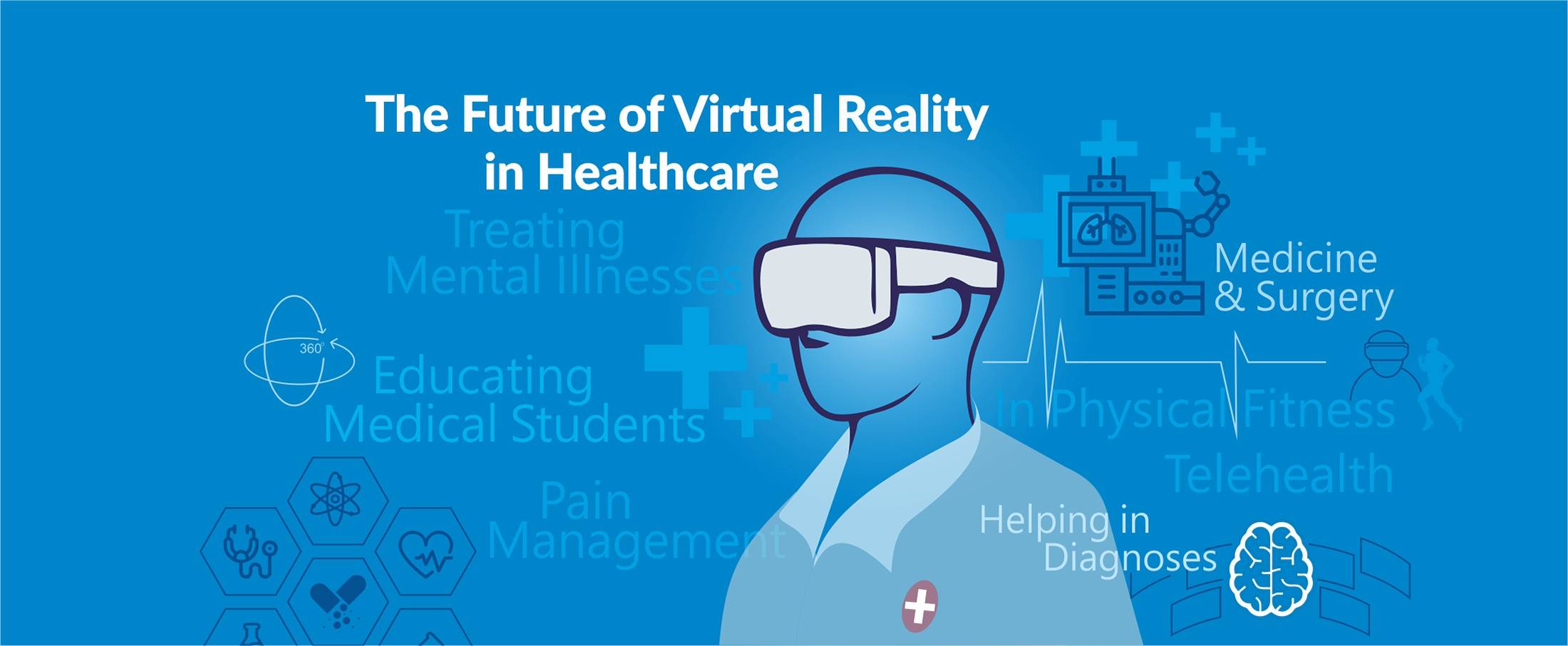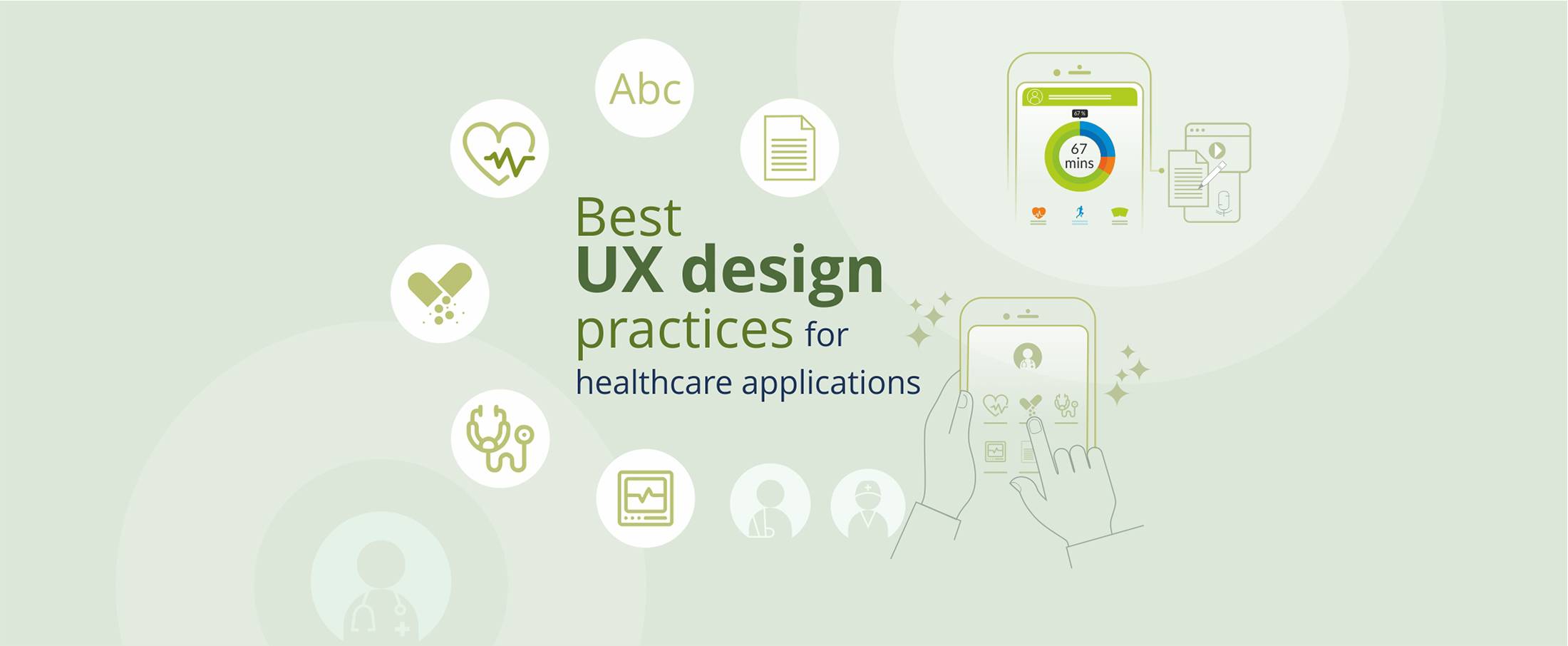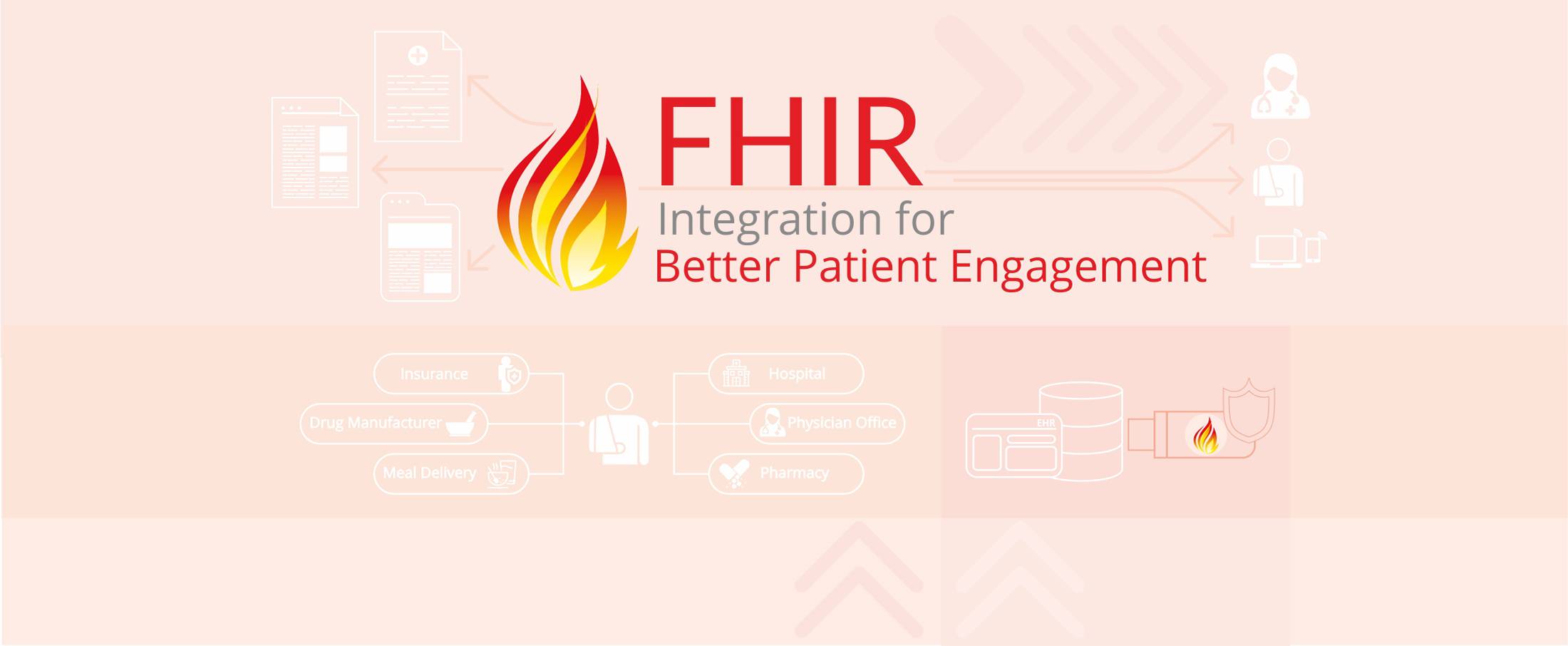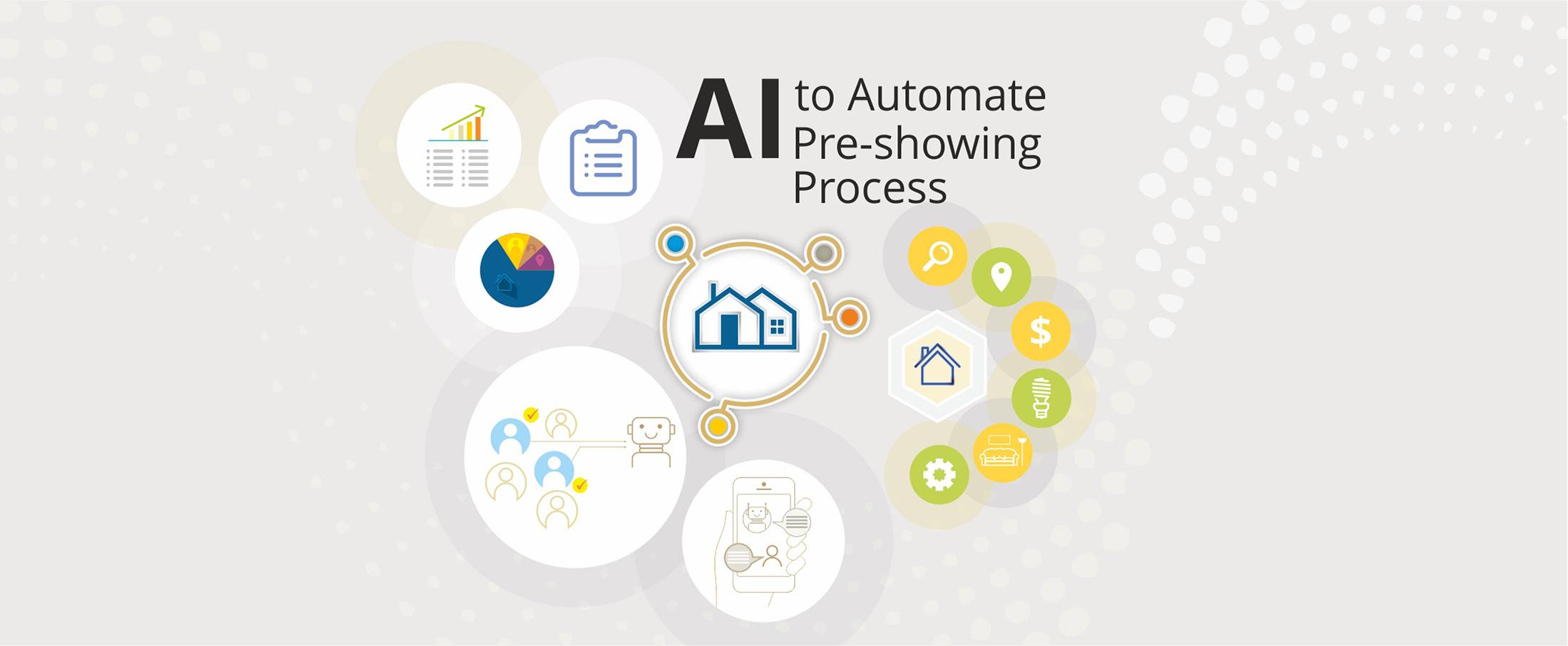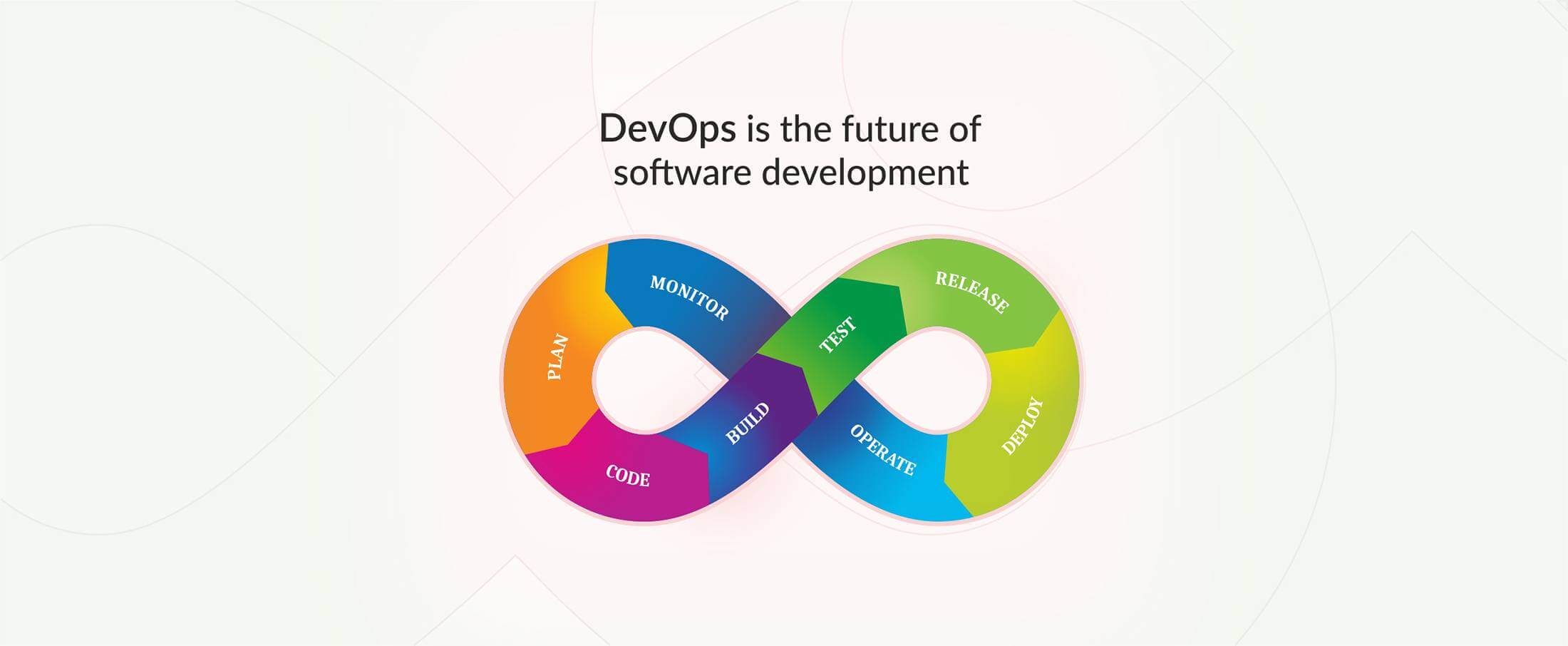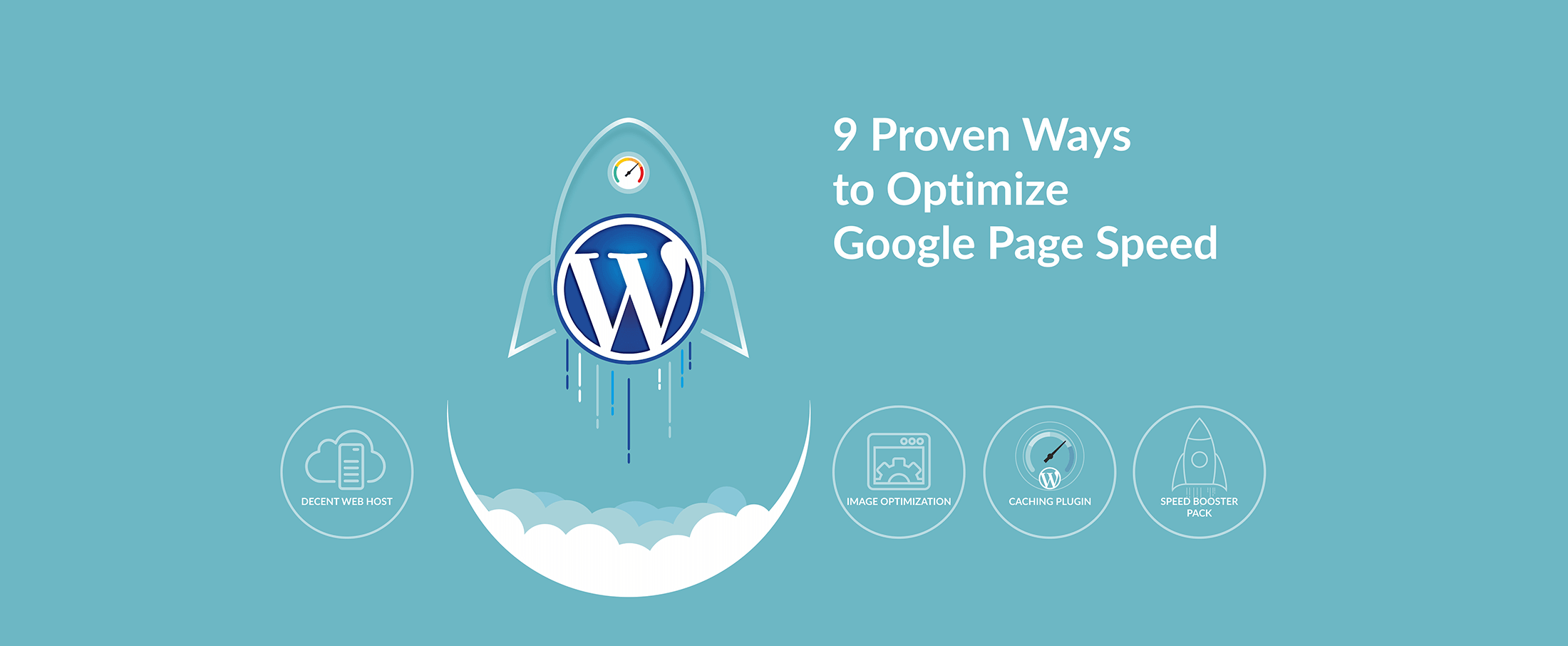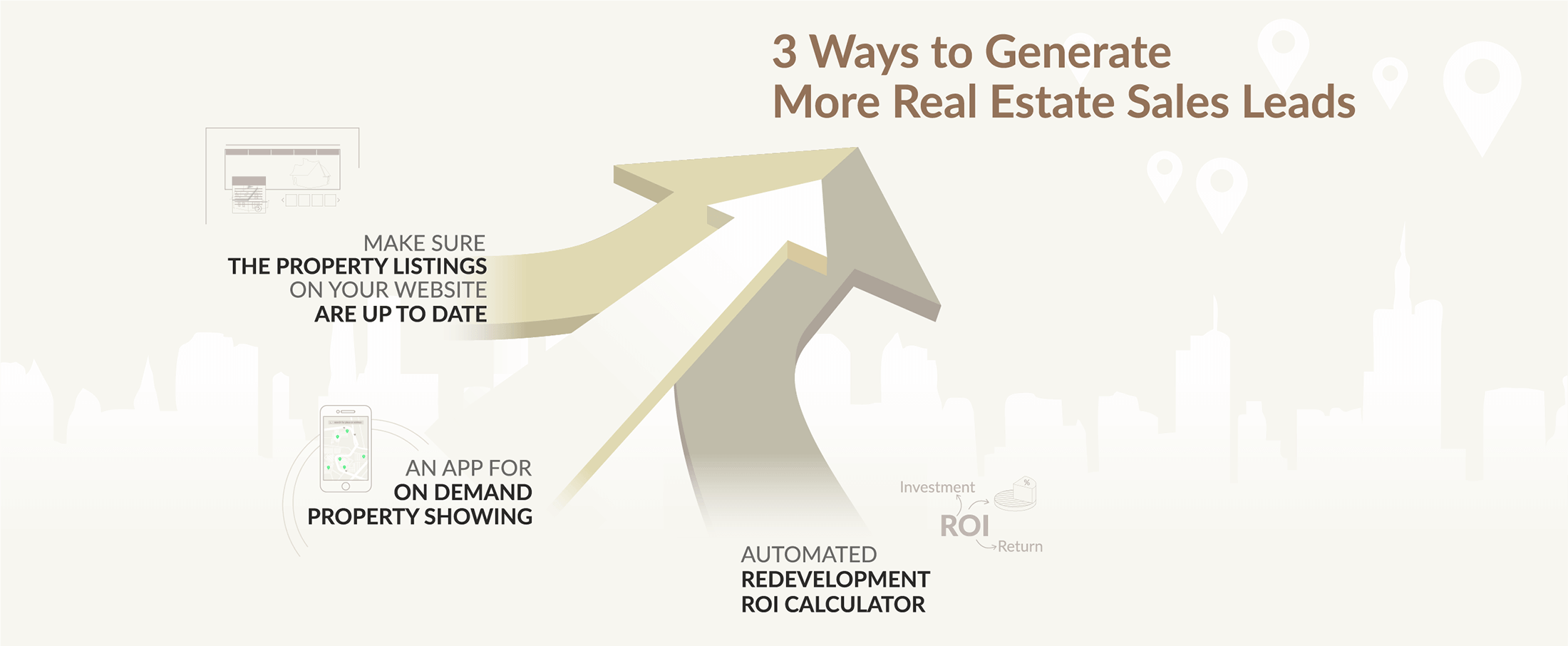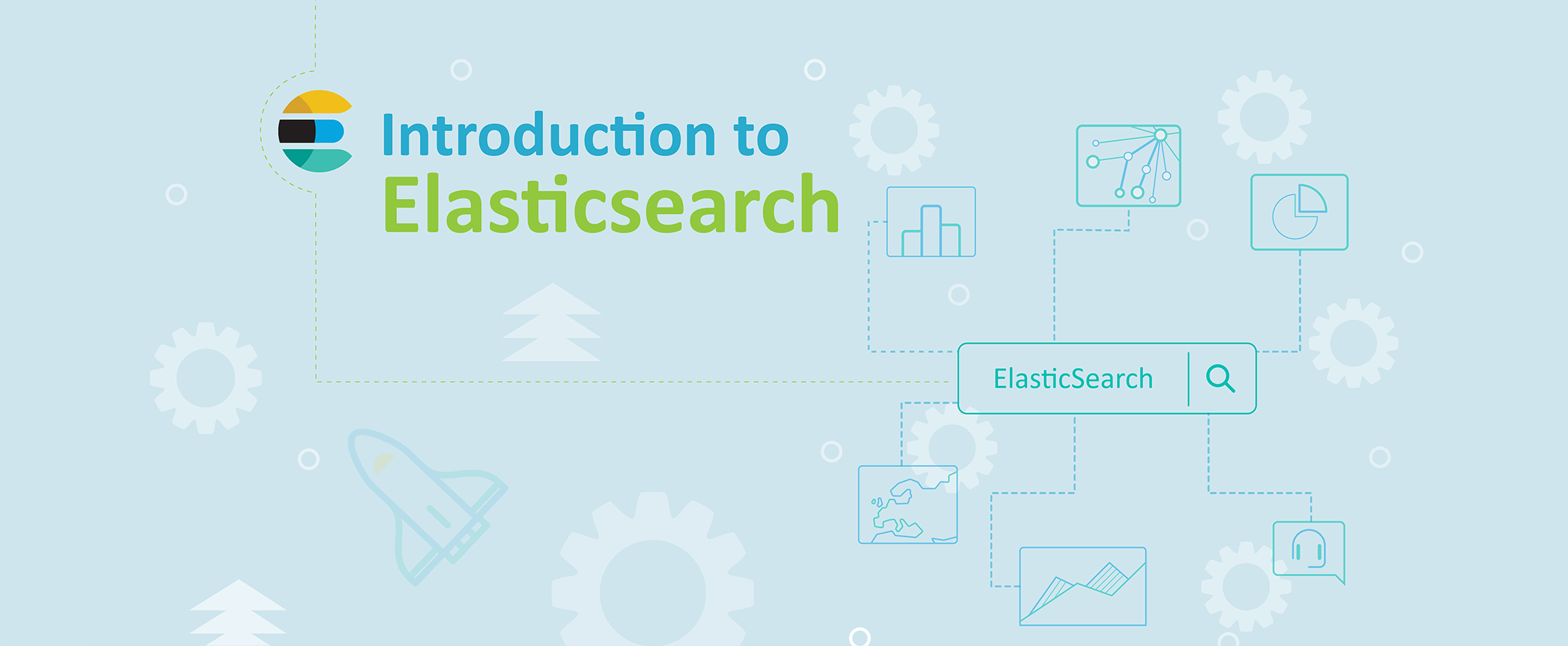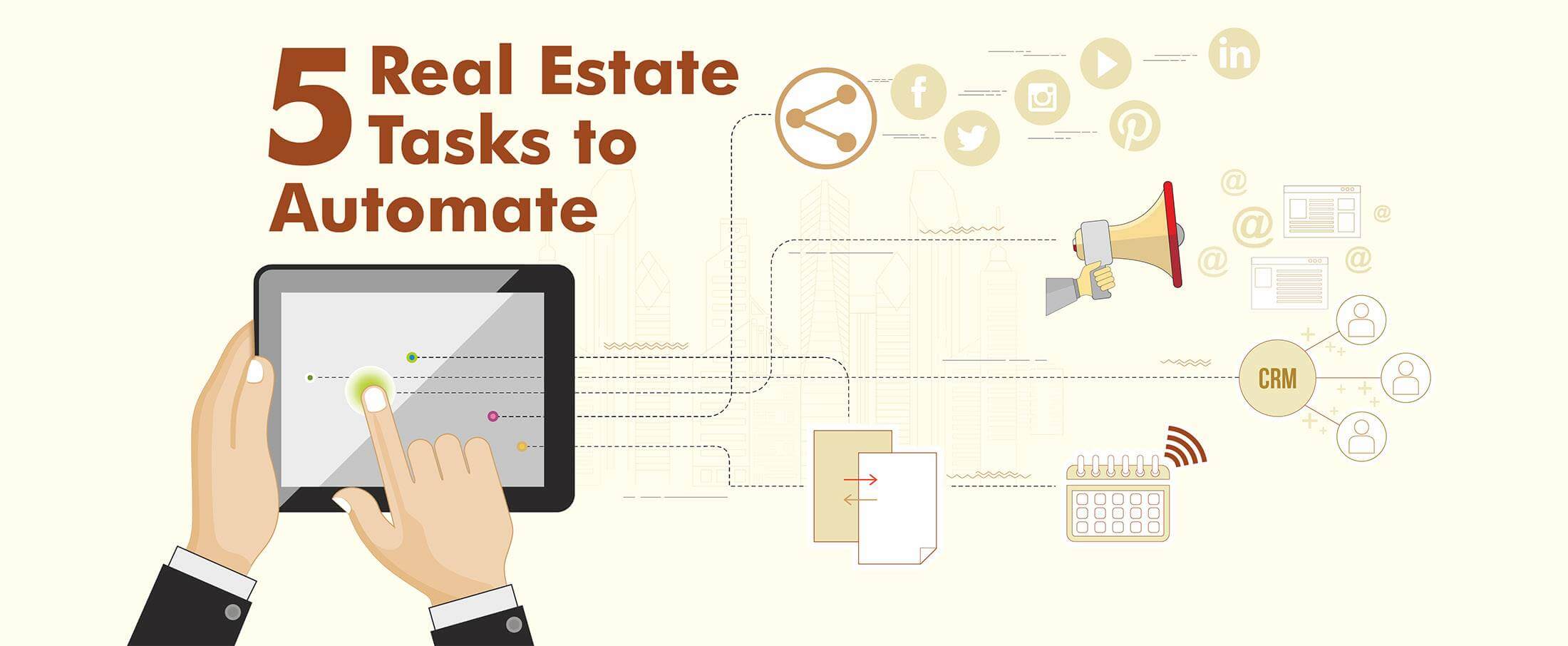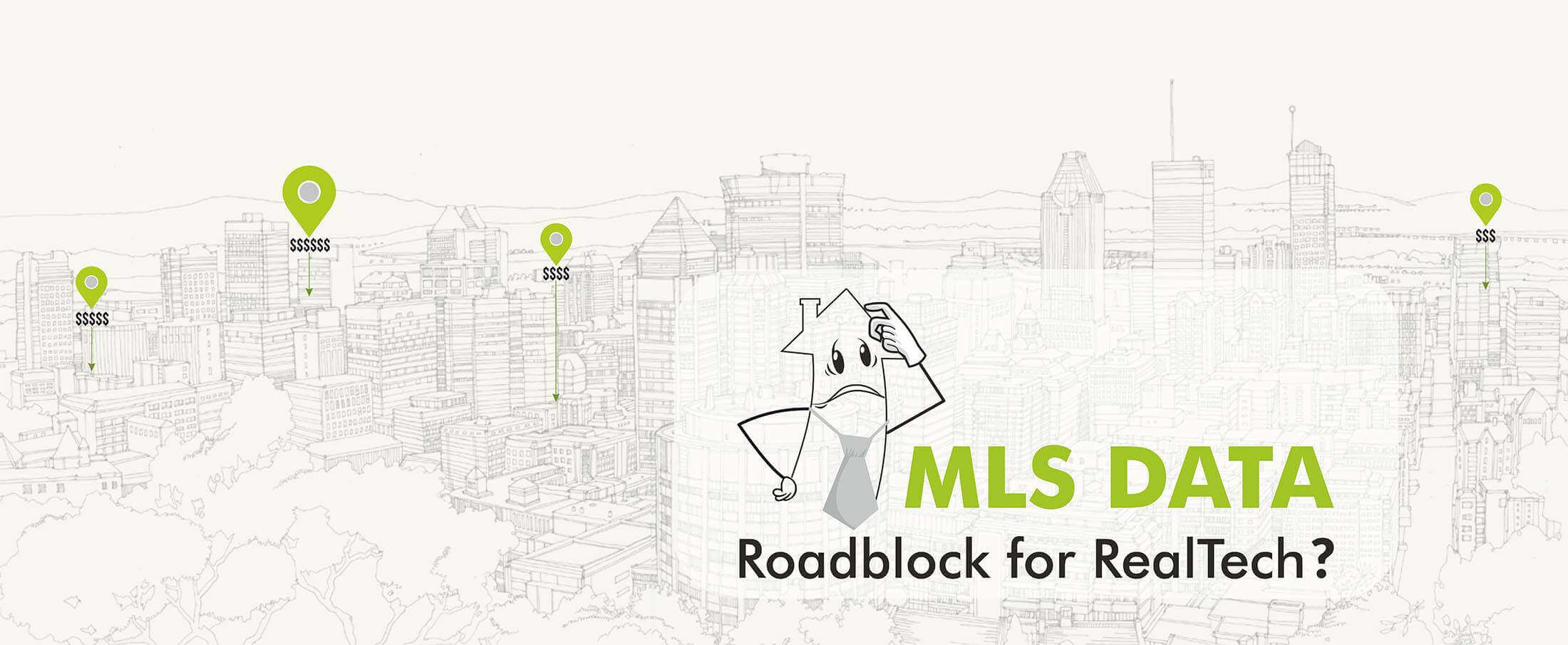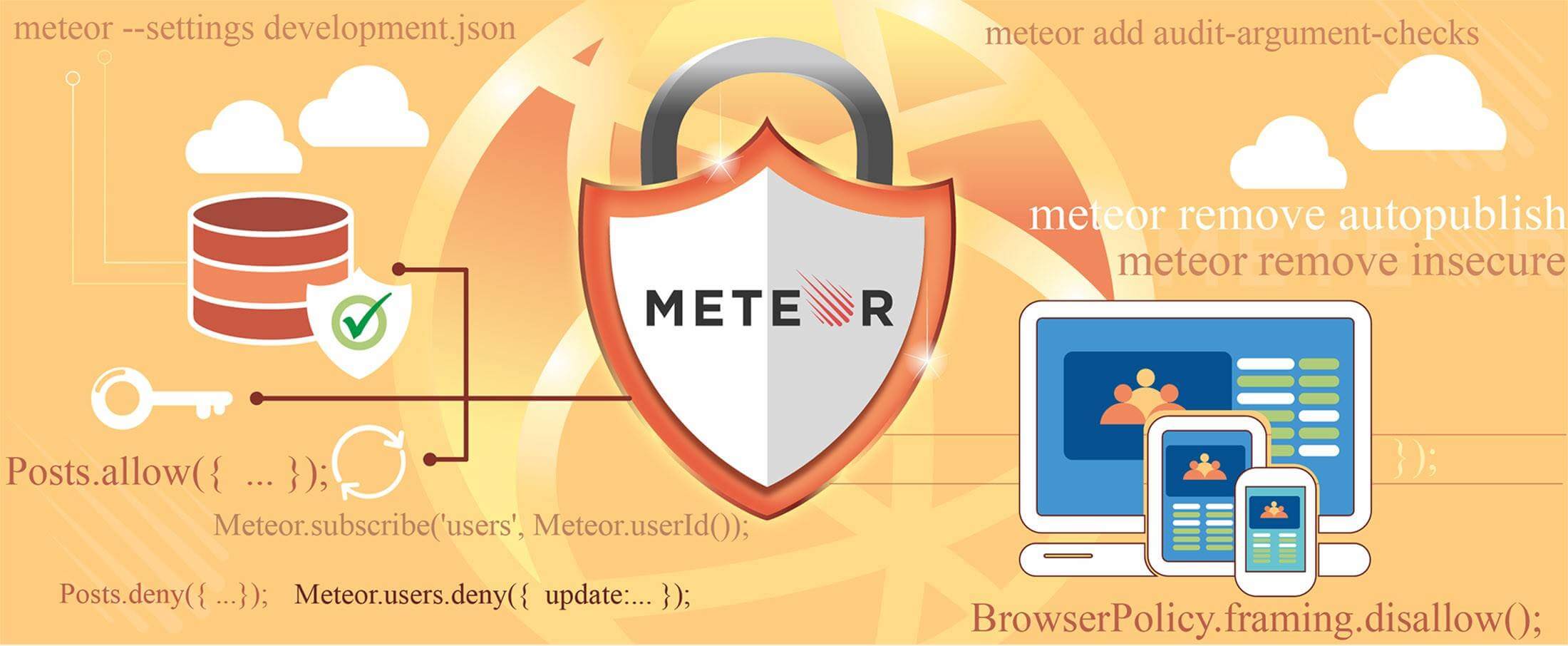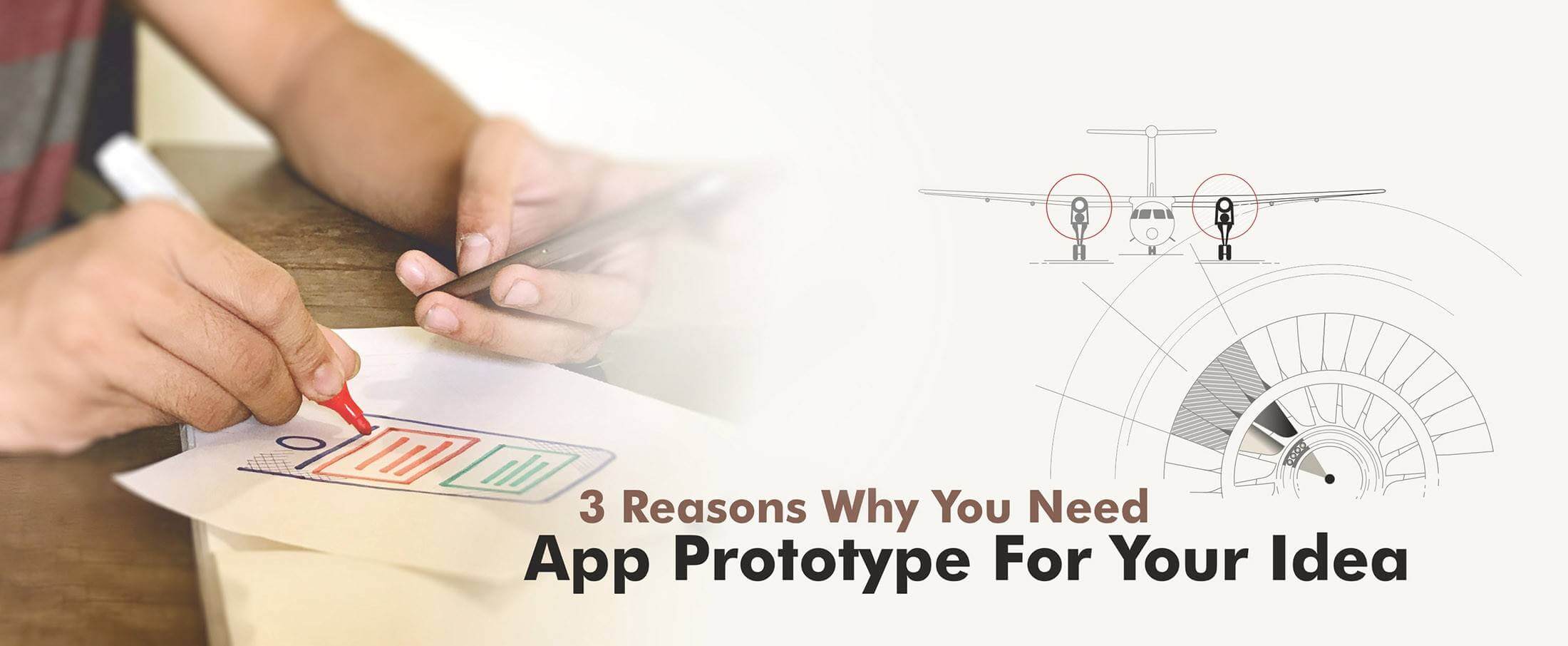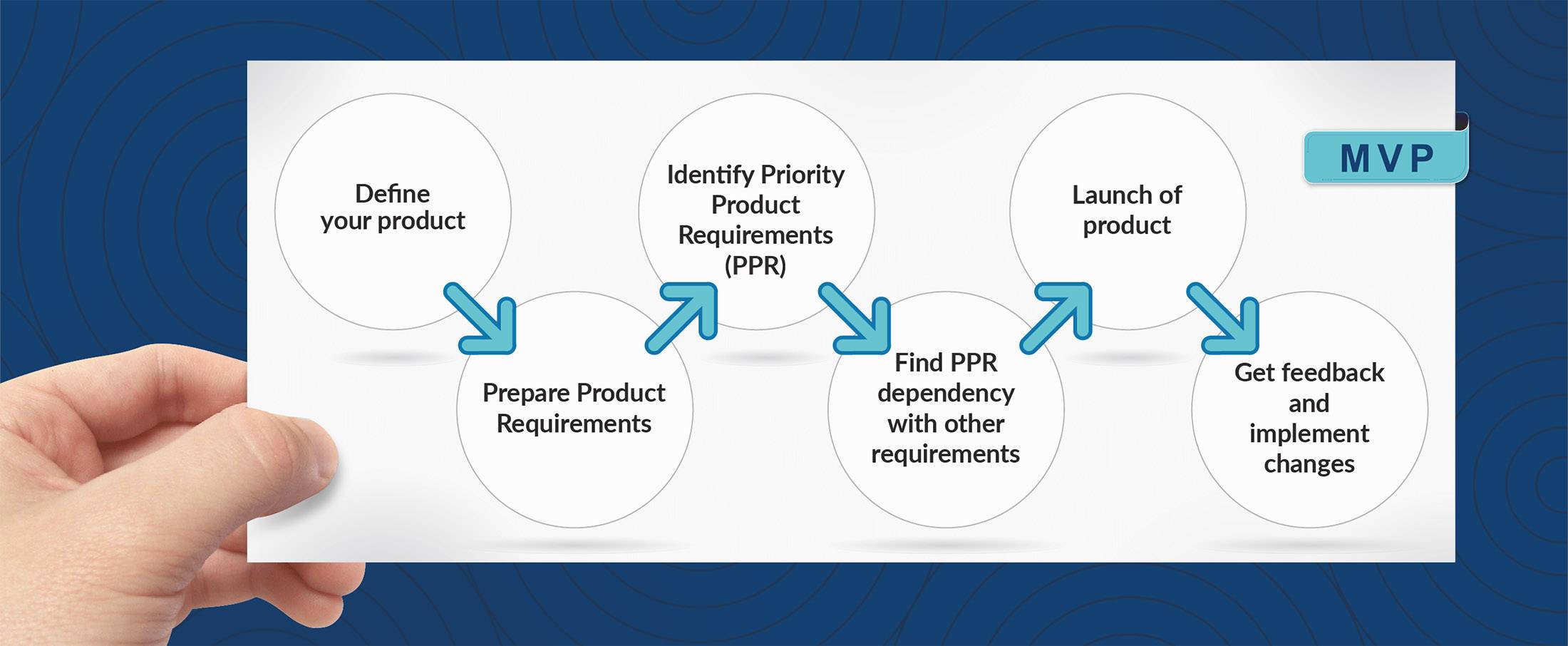How To Choose The Right CRM For Your Business
How To Choose The Right CRM For Your Business
CRMs help you run your marketing campaigns, nurture sales leads, close deals and build long-lasting customer or constituent relationships. But with so many CRMs available in the market, how do you know what is the right CRM for your business?
According to a report by Aberdeen Group, 46% of businesses fail to generate the adequate ROI out of their CRM investment, due to the wrong selection.
Here are five steps to help you choose a CRM that will maximize profits, cut operating costs, and boost IT efficiencies.
Define What You Want Your CRM to Do
You can’t blindly jump on the CRM bandwagon because everyone else is doing it. It’s important to understand why your business requires customer management relationship software. Sit with your team and brainstorm, and try to clearly state your CRM goals. Here are a few examples:
- Produce powerful sales, marketing and customer support insights that will make your business more profitable
- Scale your operations to make it more productive
- Centralize your customer data and make it more organized
Create a CRM Implementation Timeline
If you are urgently looking for a CRM solution, it’s no point investing in a CRM that you have to wait nearly a year to use. Try to understand the immediacy of the situation and choose a CRM that gets up and running within your desired period of time. Unlike on-premise CRMs, cloud-based CRM solutions are quick to setup and accessible anytime and anywhere.
Focus on Mobility
Gone are the days when business was confined to the concrete walls of your office. You’ll want to find a solution that moves with you everywhere, so that you can run your business at any moment, regardless of where you are.
Mobility is a key-driver in overall CRM value. It’s critical that the CRM experience is seamless from desktop to mobile. It should be responsive, fast, and and have dedicated apps for Android and Windows.
Zero Input
One of the benefits of a CRM is an increase in your team’s efficiency. So, it doesn’t make sense if your team has to spend a lot of time manually feeding data into the system. You’ll want a CRM that has an easy and quick data import/export feature that allows your team to concentrate on leads and customers, instead of doing behind-the-scenes data entry work.
Easy User Experience
Some CRMs are confusing, require a great deal of set up, and have too many confusing and unnecessary fields. The right CRM for your business should be designed so that it’s easy for you customize the software according to your business requirements.
Consider Different Types of CRMs — from Converged to Unified and Integrated
Some CRMs have integrated excessive apps into their platform, which can lead to poor user adoption. This is because these ‘unified and integrated’ CRMs lack uniformity and can appear to be different solutions almost randomly plugged together. Some businesses may struggle to implement and use this more complex CRM platforms.
In contrast to this are the converged CRMs, which have ‘brought all things together’ under one umbrella. They are all-in-one applications that seamlessly combine the tenants of sales, marketing, and customer service, as well as Business Process Management, Workflow Automation, Invoicing, Social Integration, Project Management, Reports & Analytics, Quotes/Invoicing, Document Management, and Collaboration tools.
Converged CRMs have the same look and feel throughout, which makes them easy for users. You just need to learn one module and you’ll automatically understand the others. Lastly, converged CRMs have one centralized repository that offers a unified, 360-degree view of your leads and customers, and a consistent experience at every stage of the lifecycle.
Read original article on clicktime.com
Mobifilia
9 May 2018
